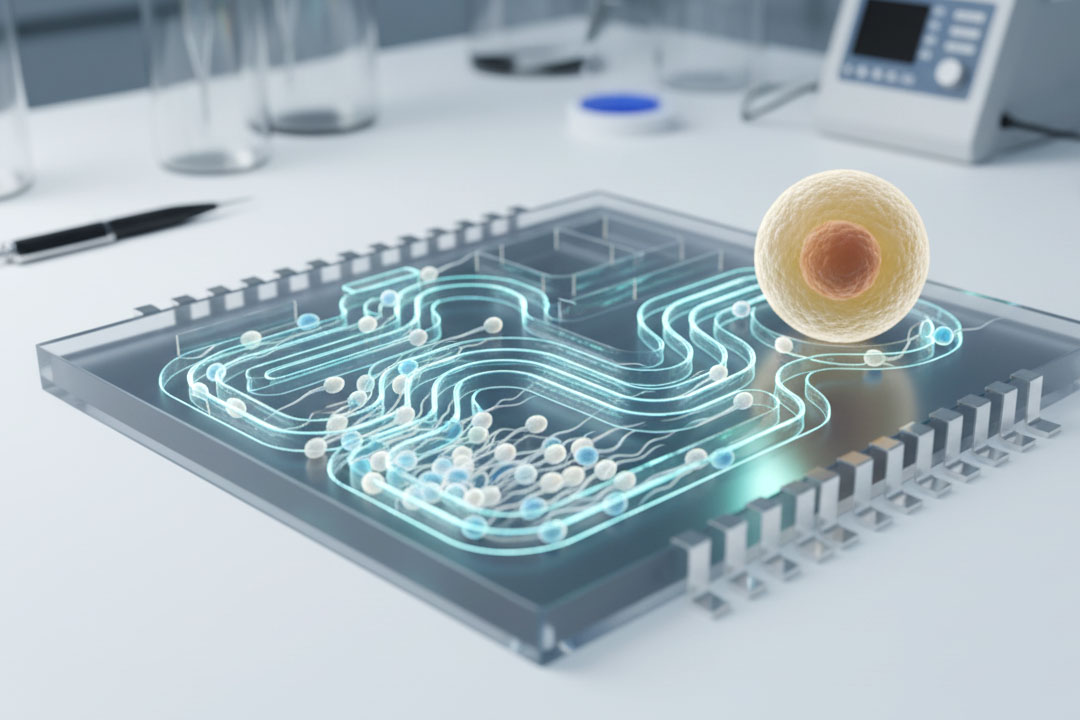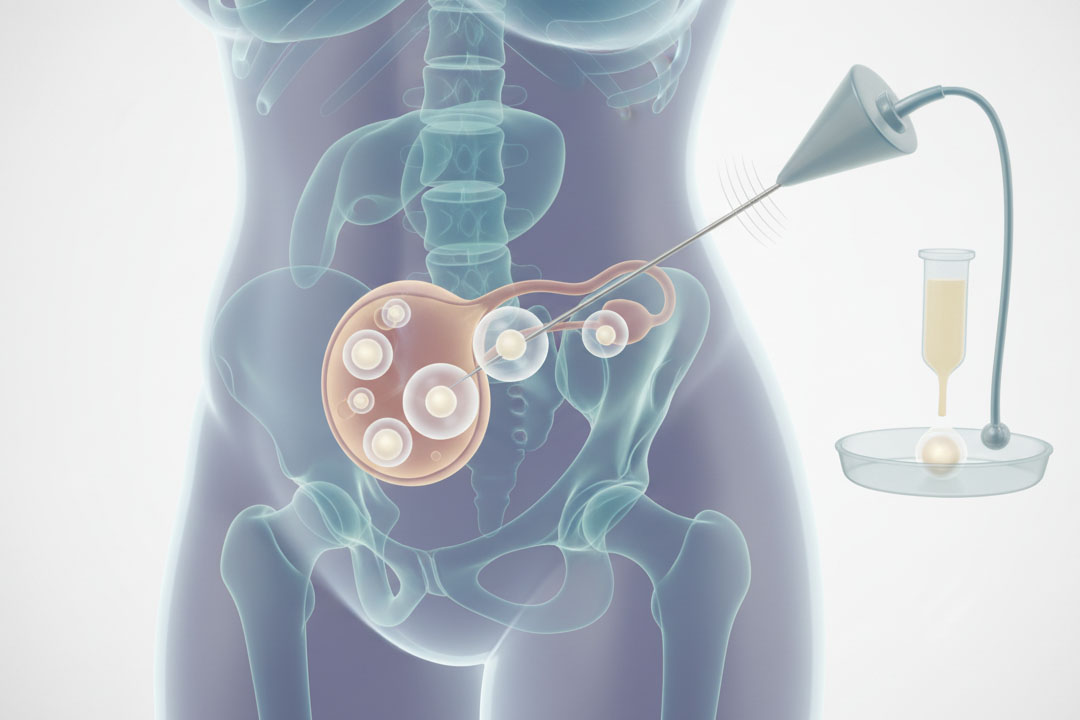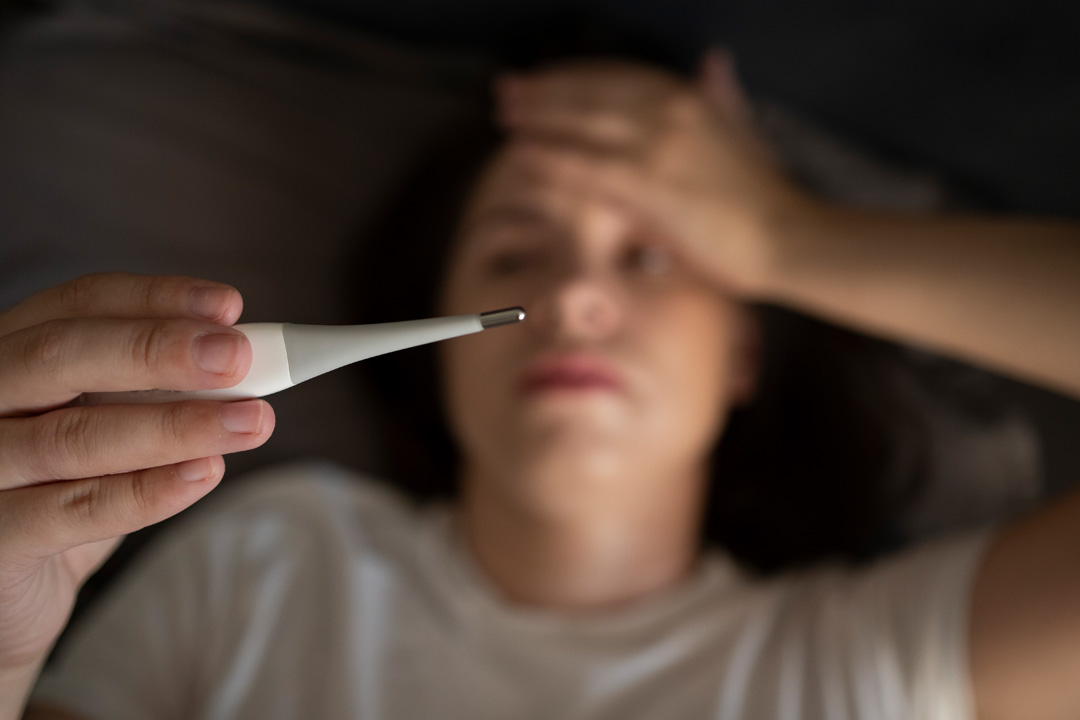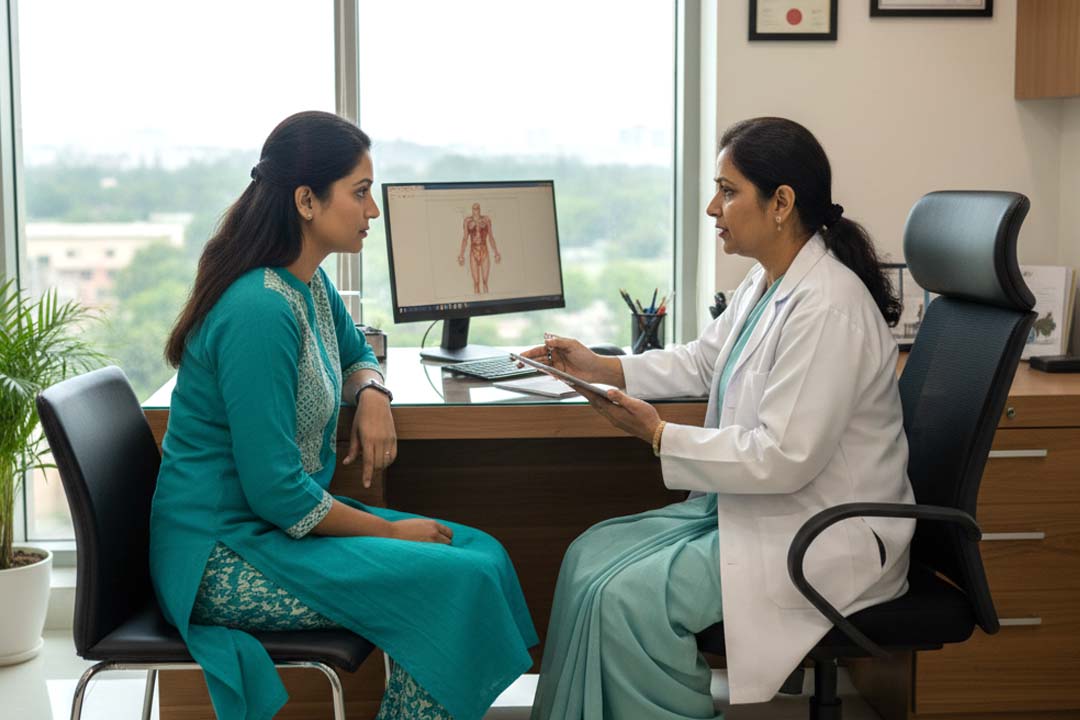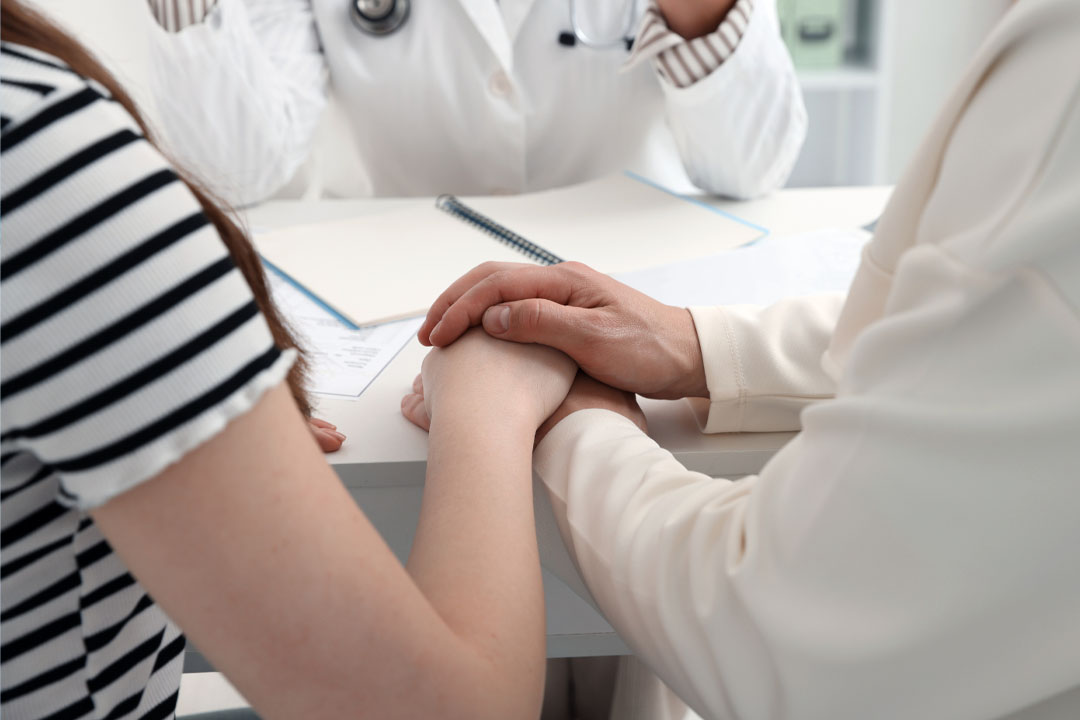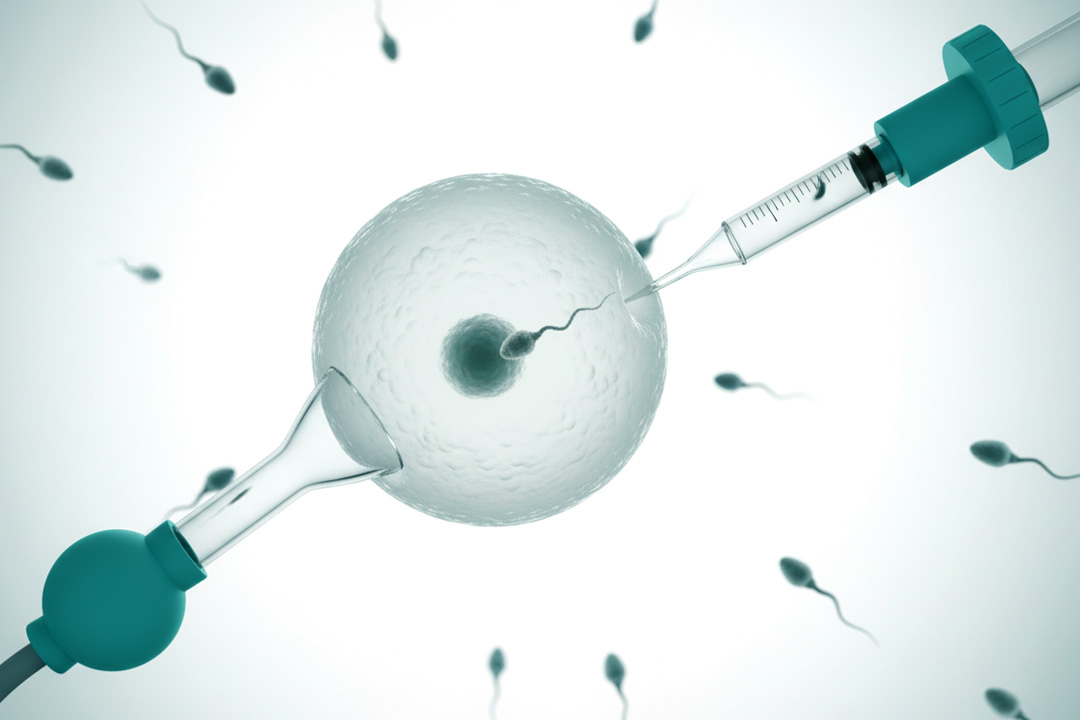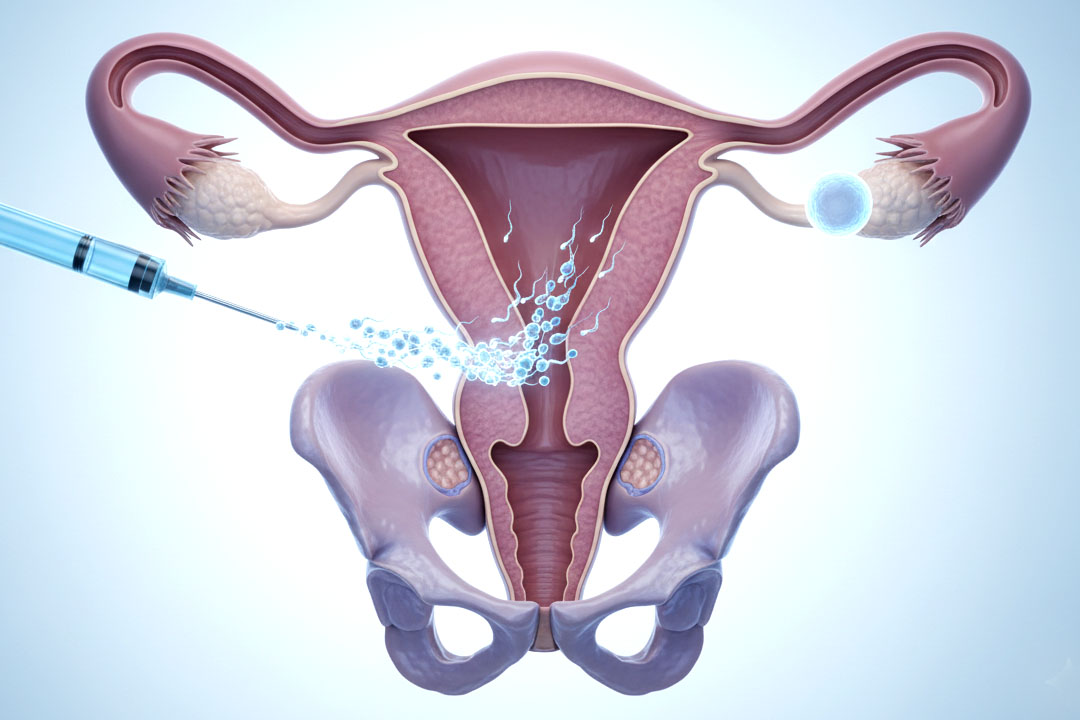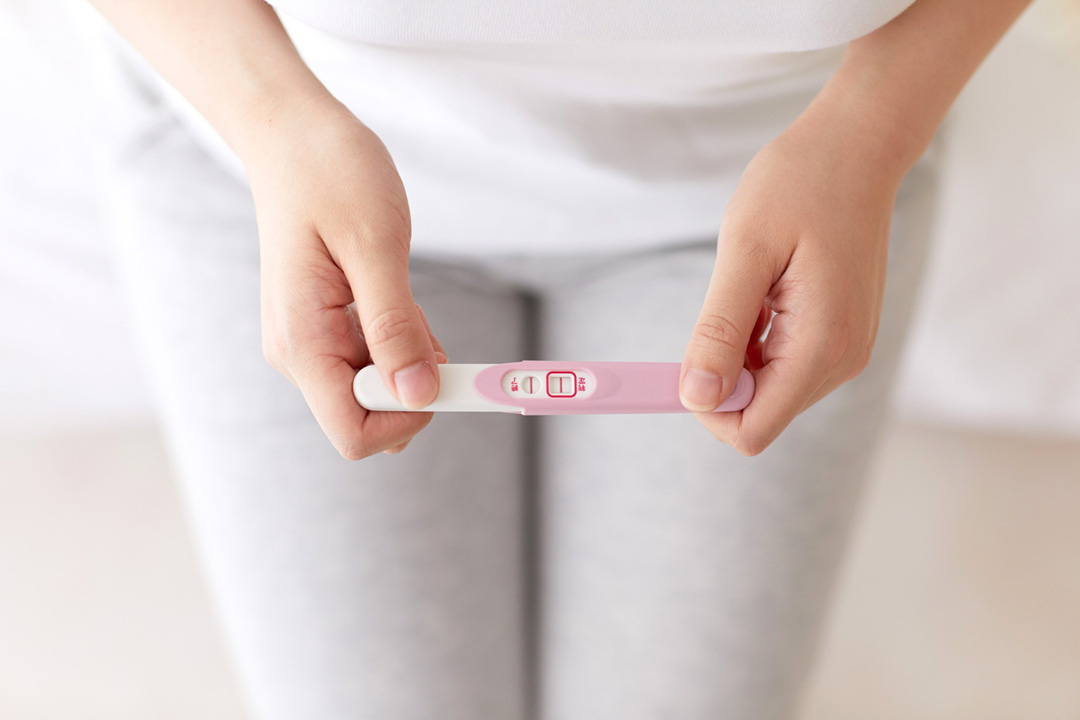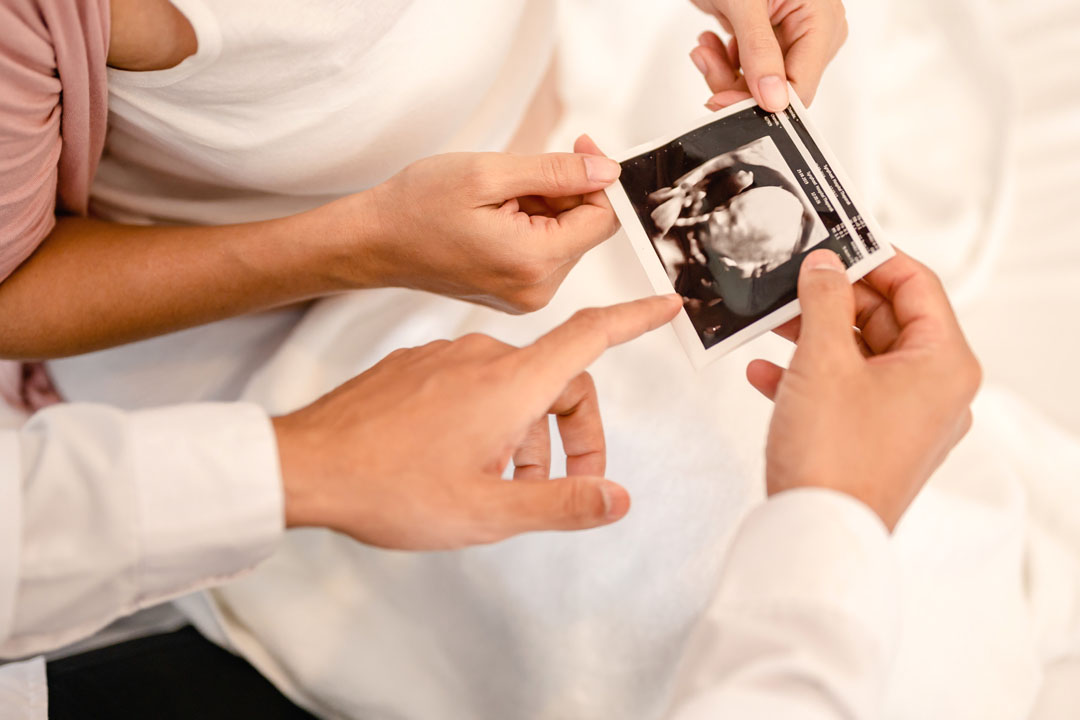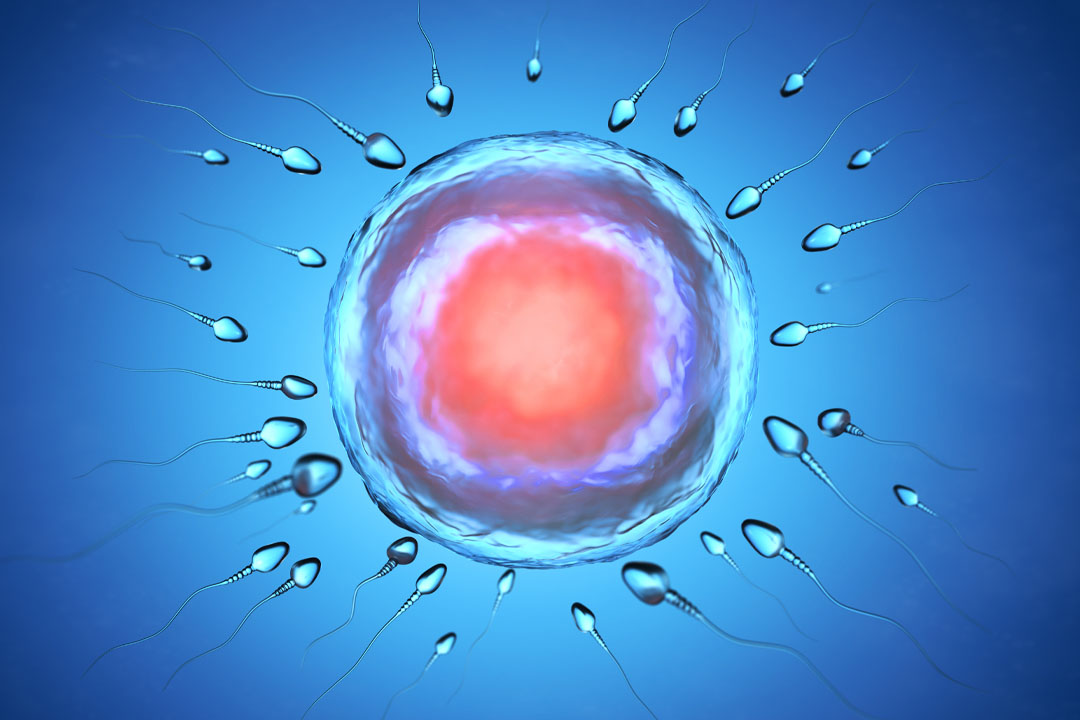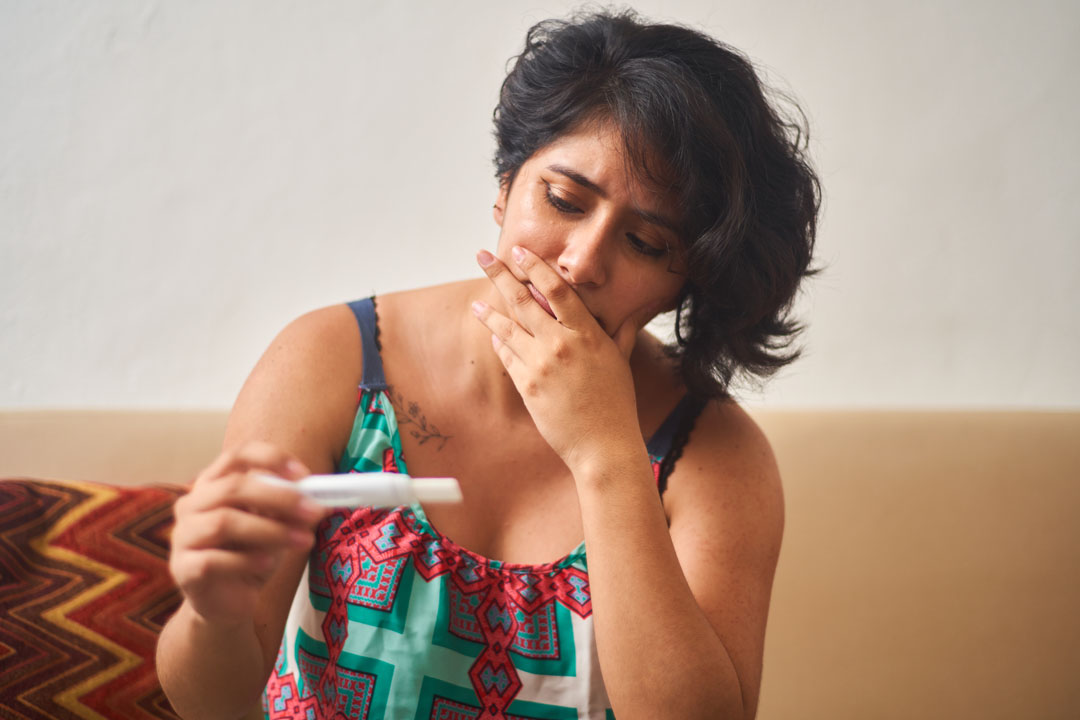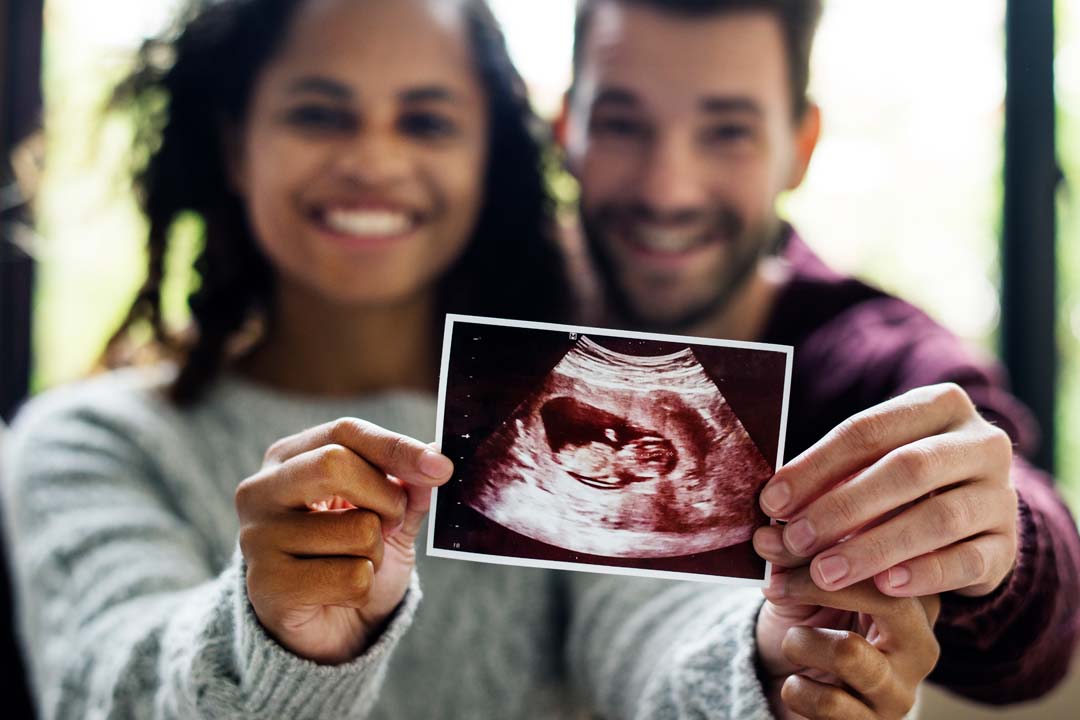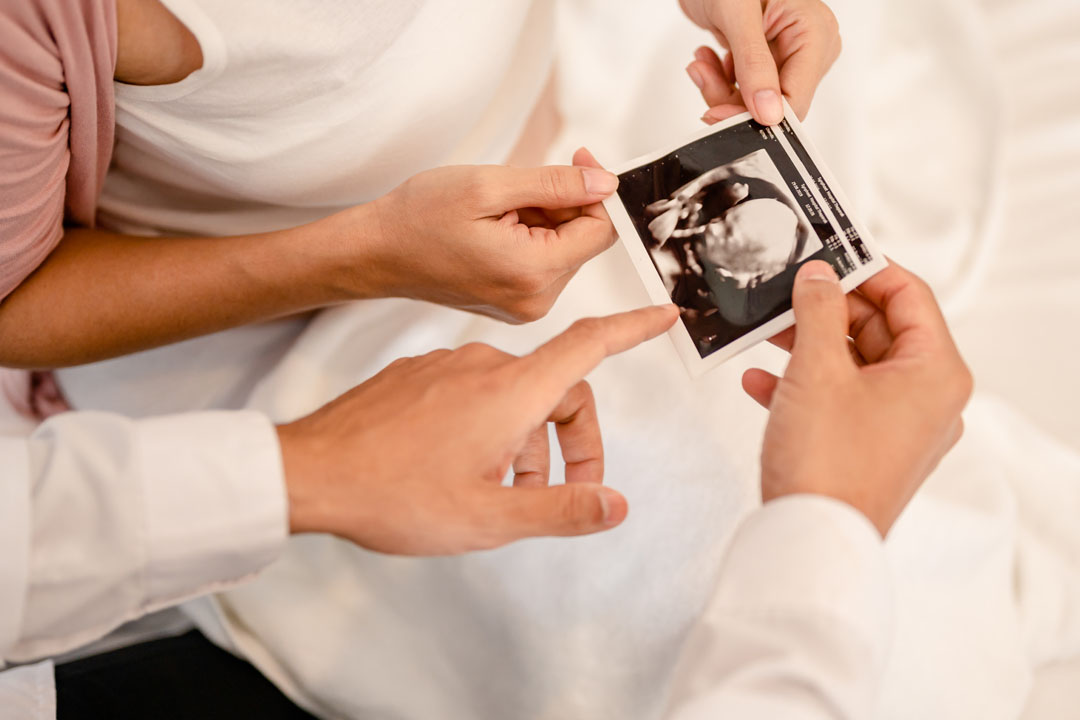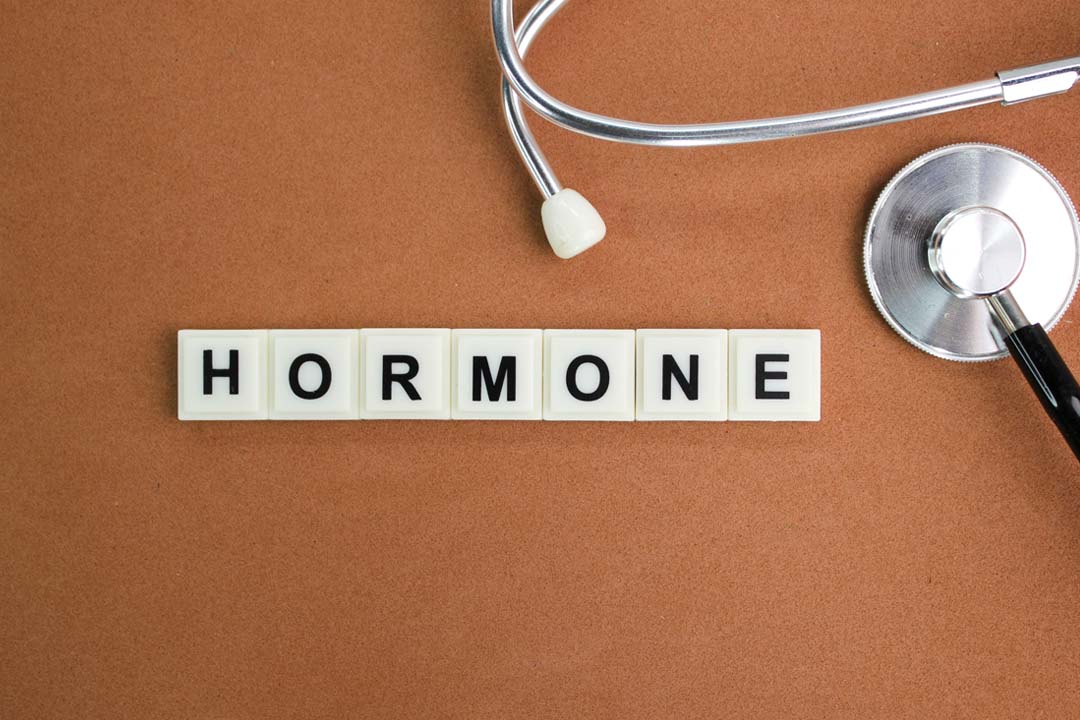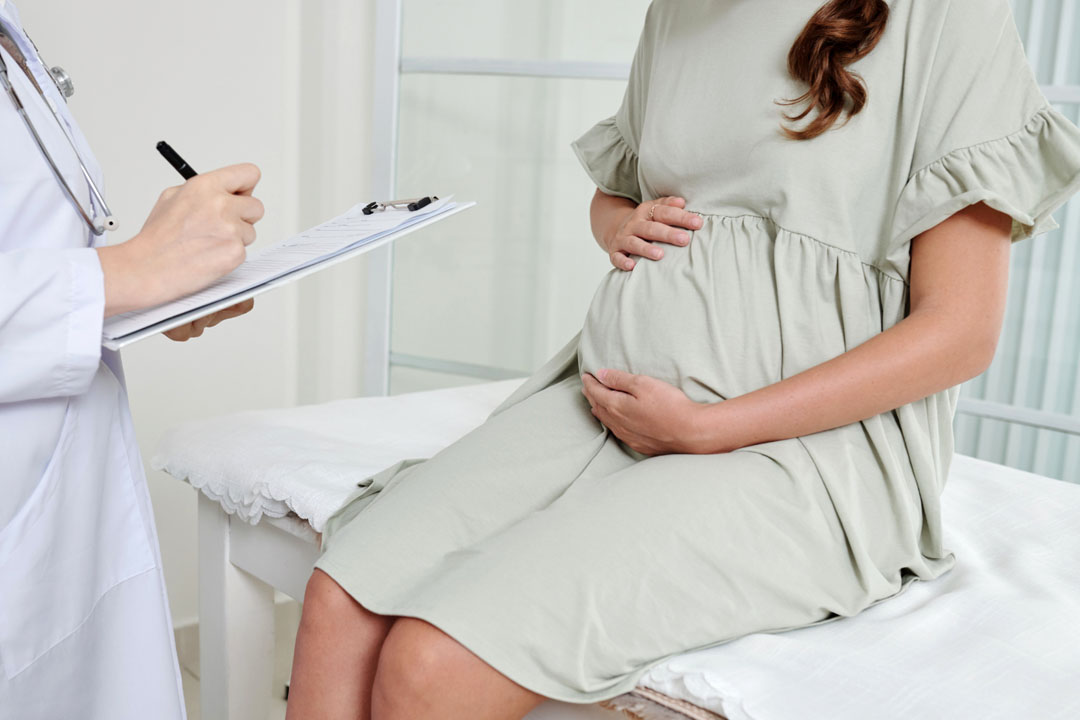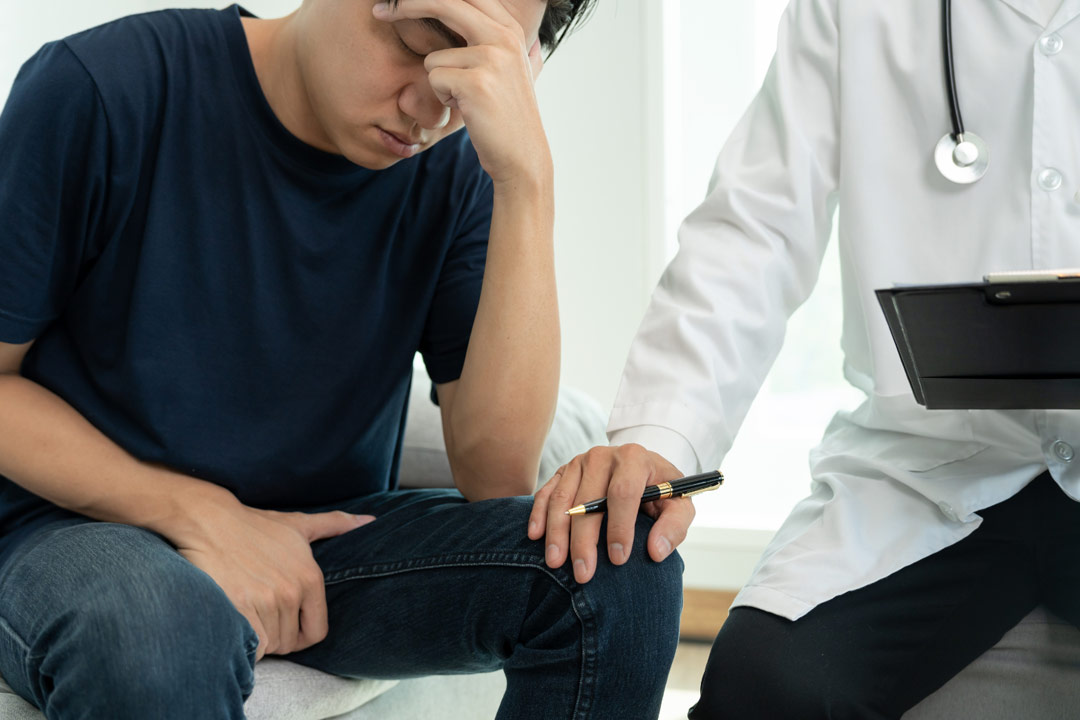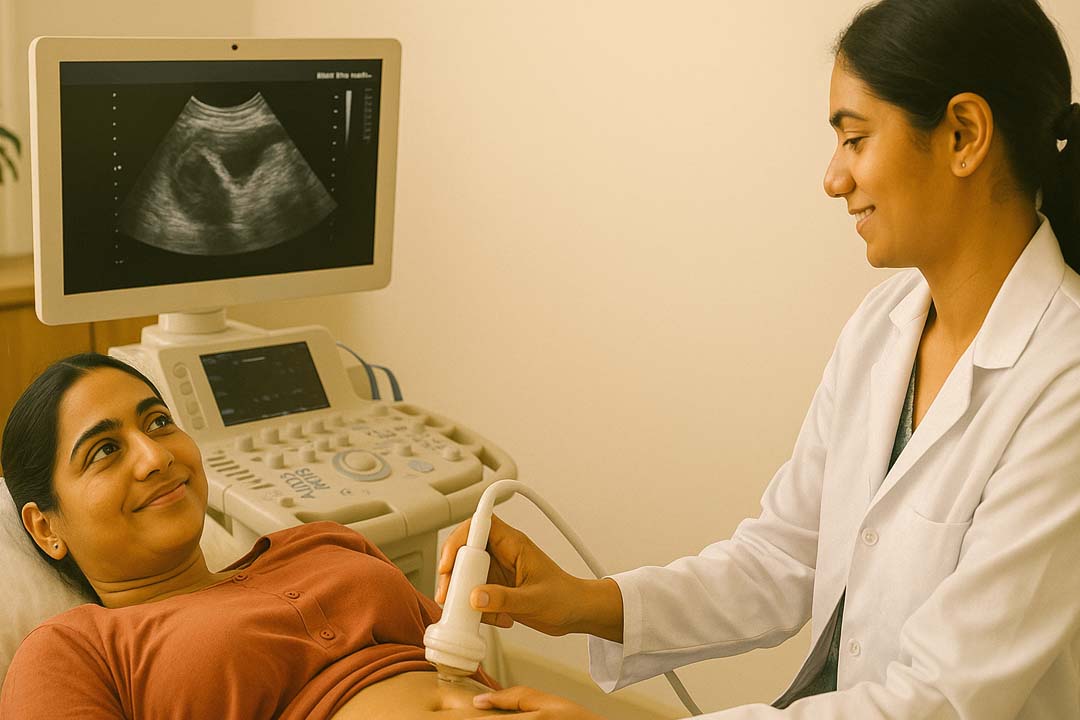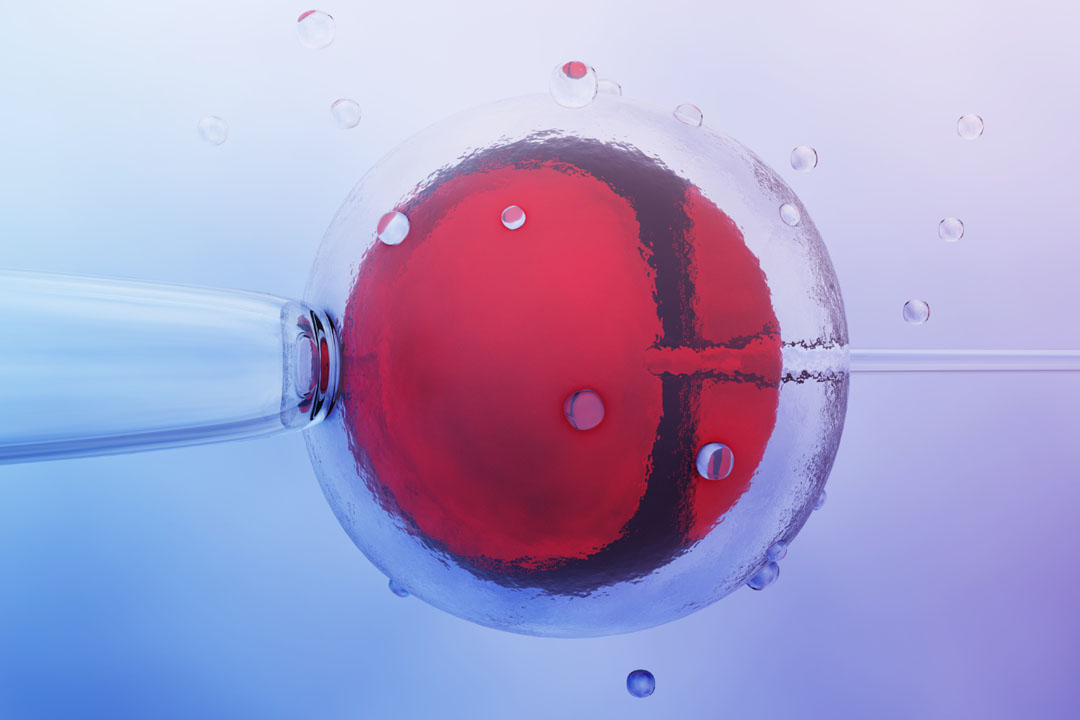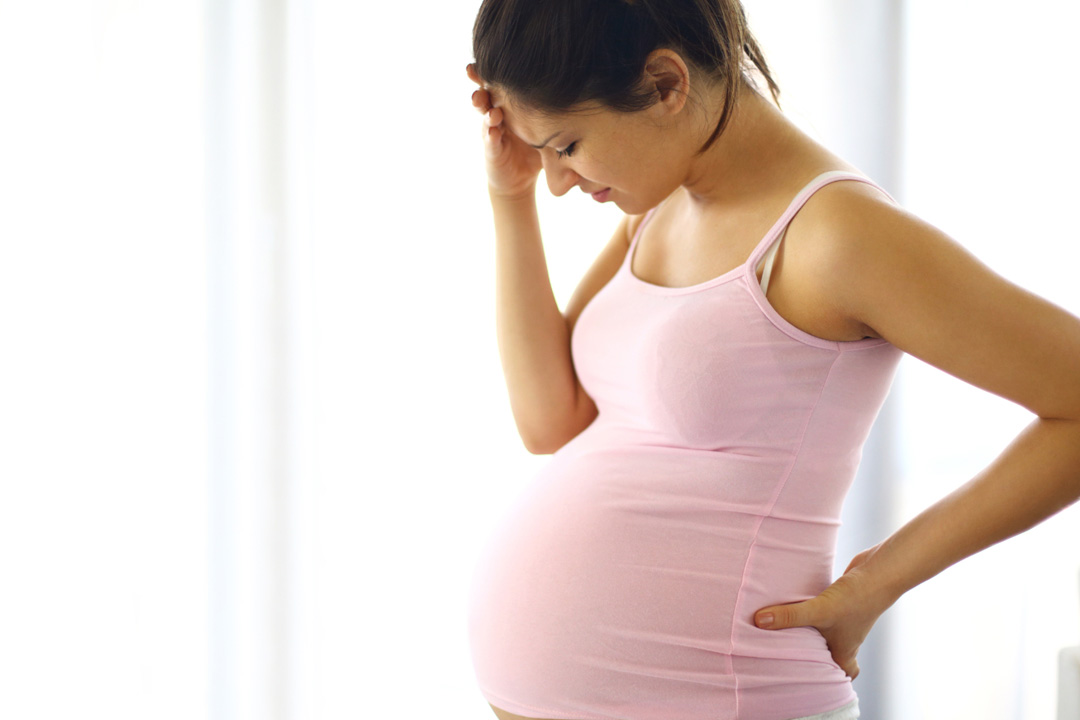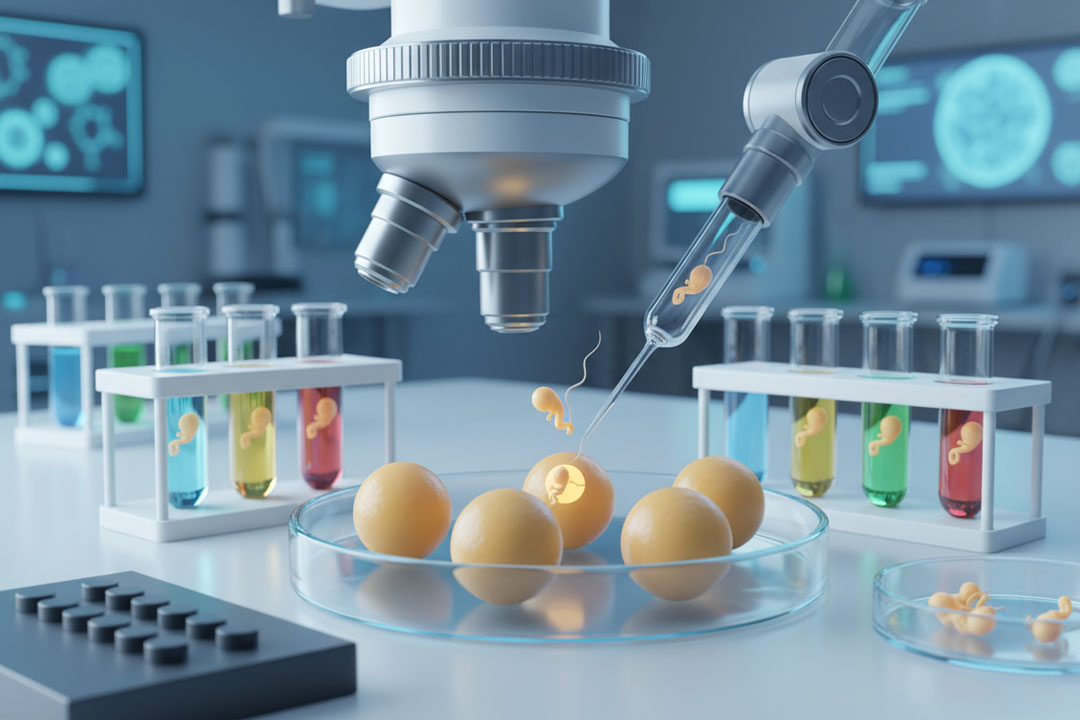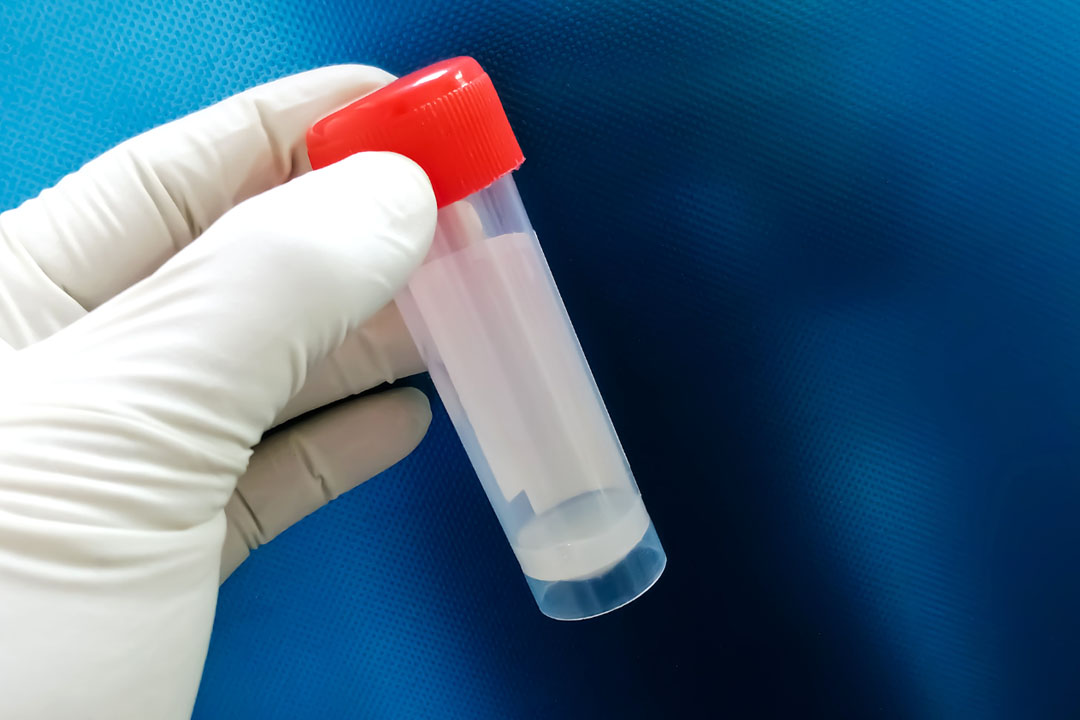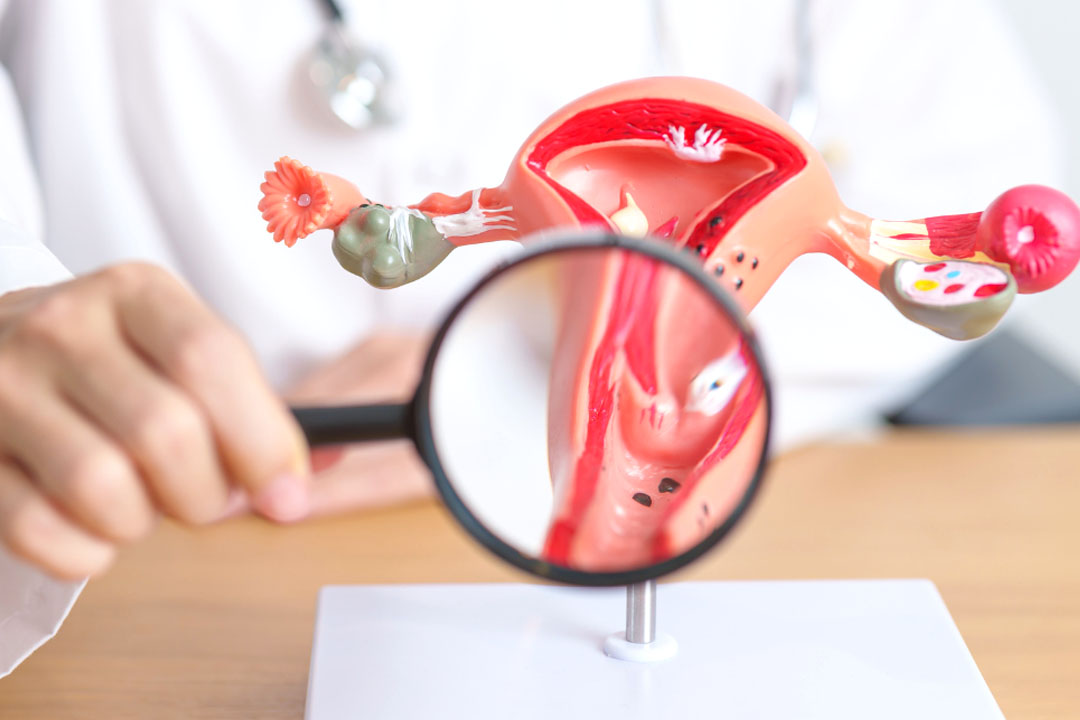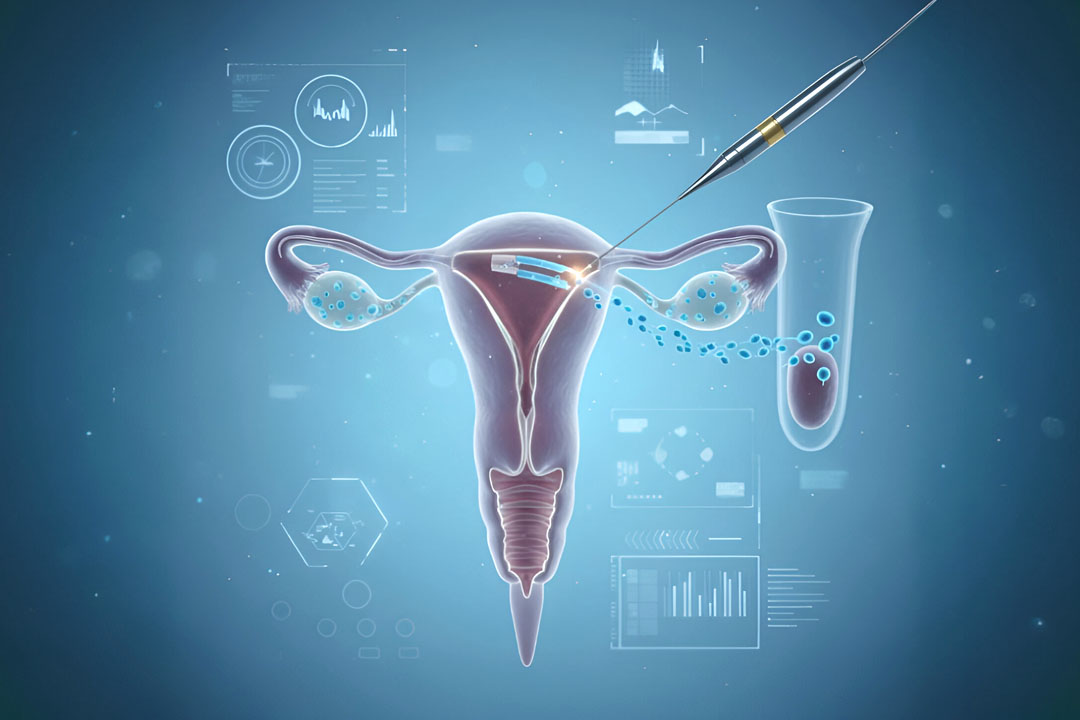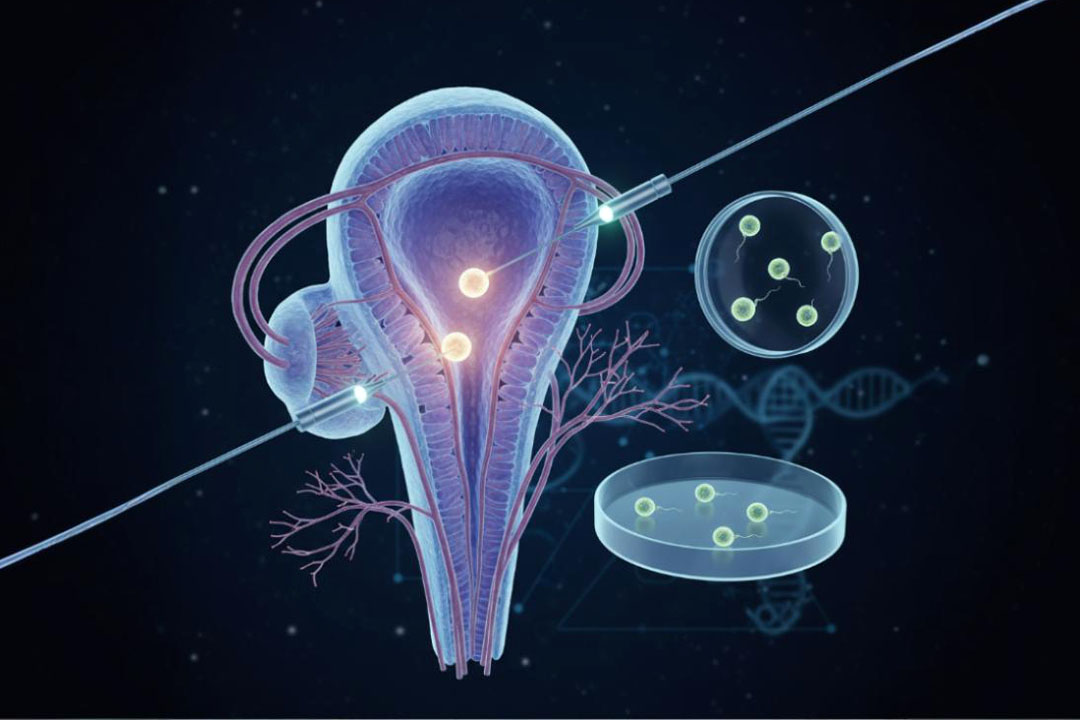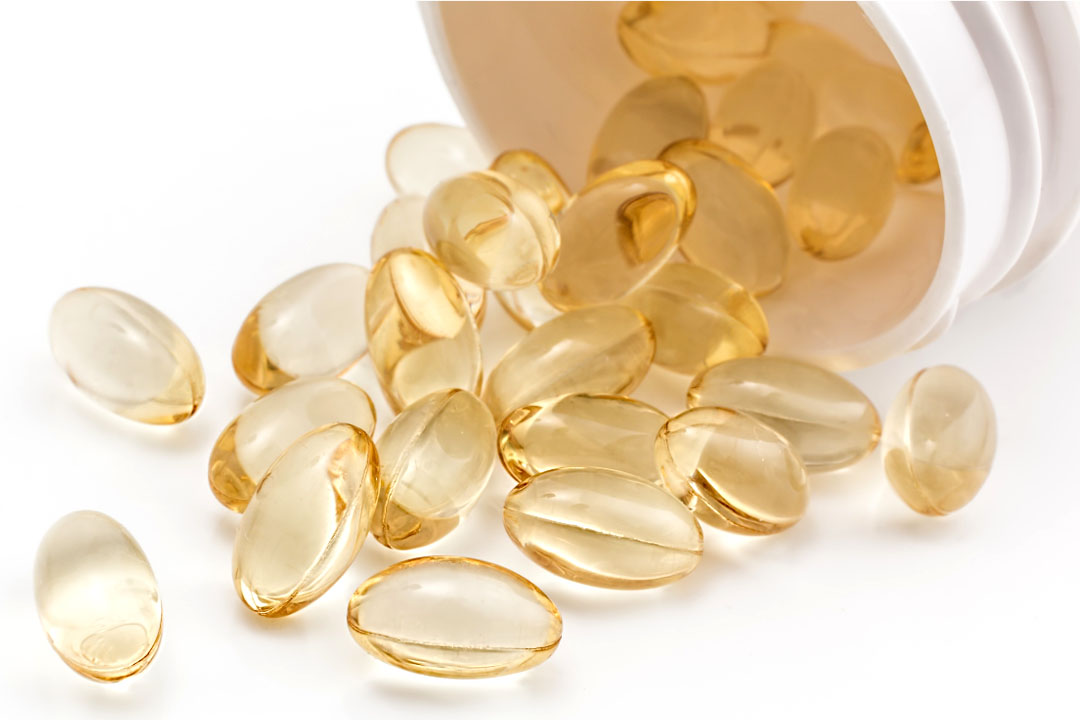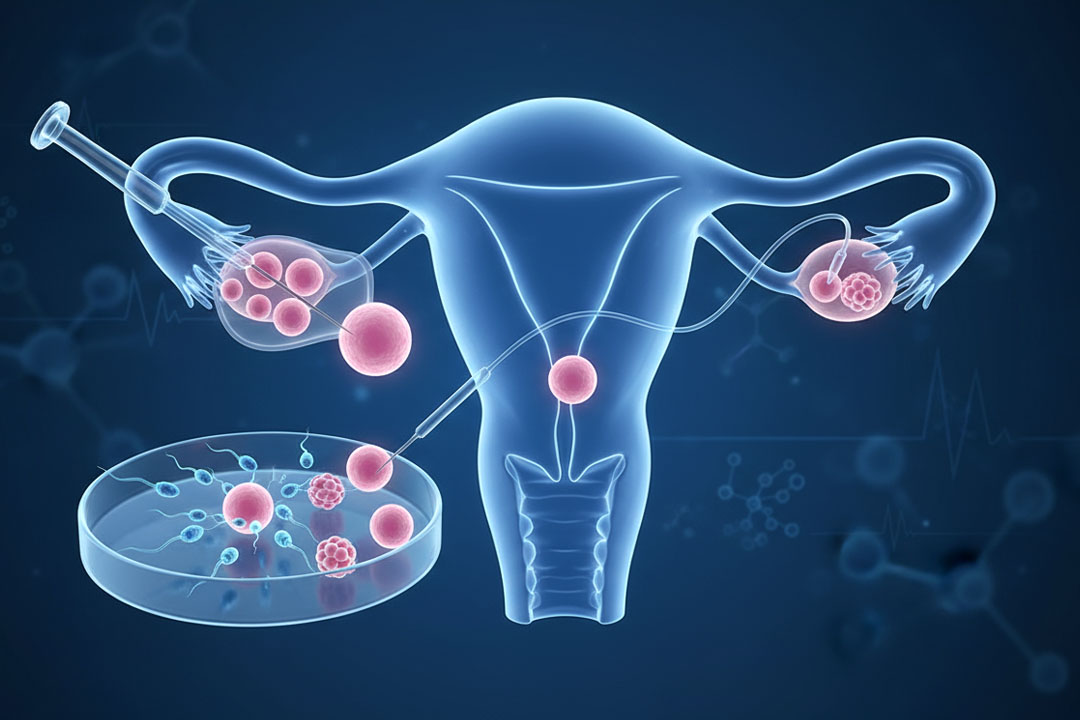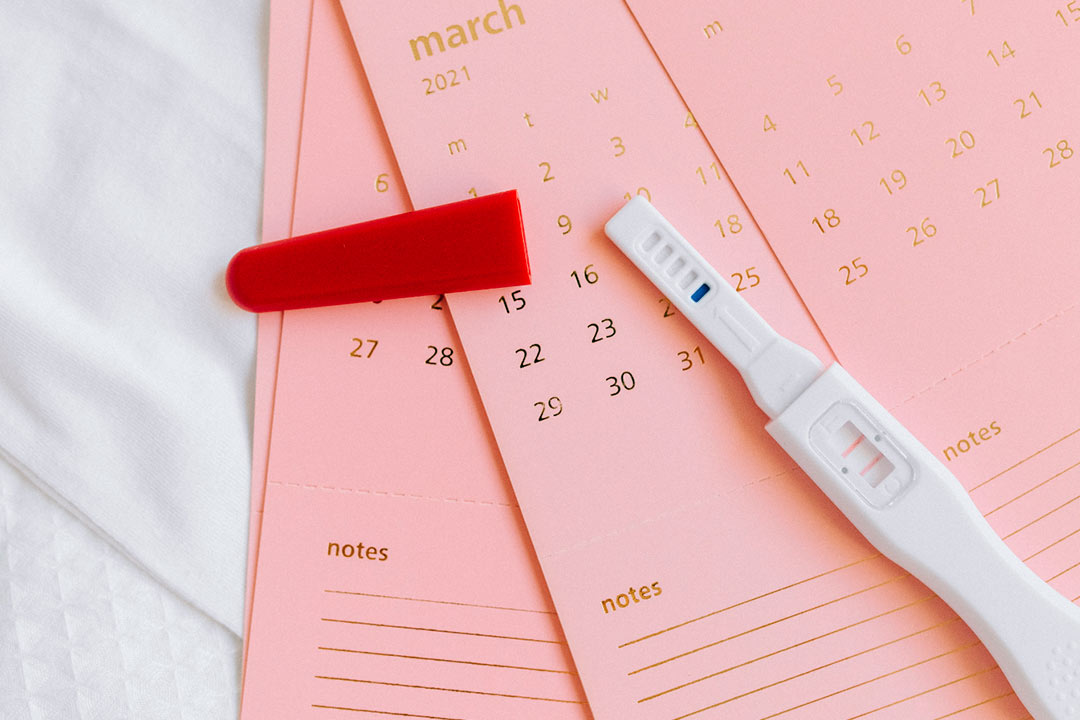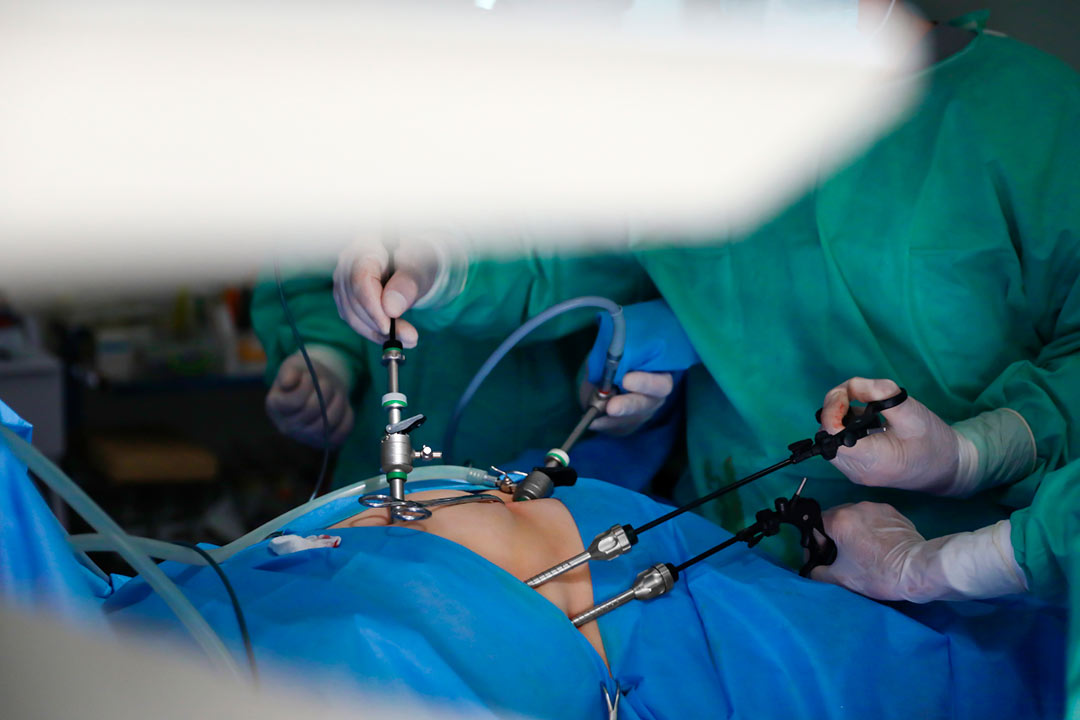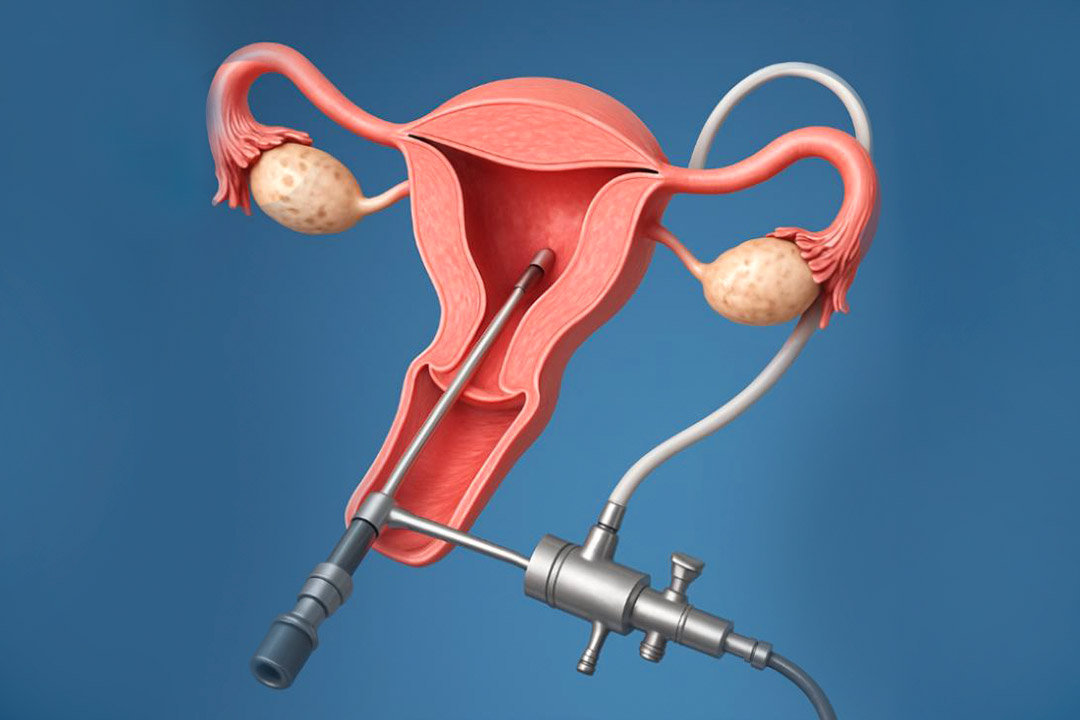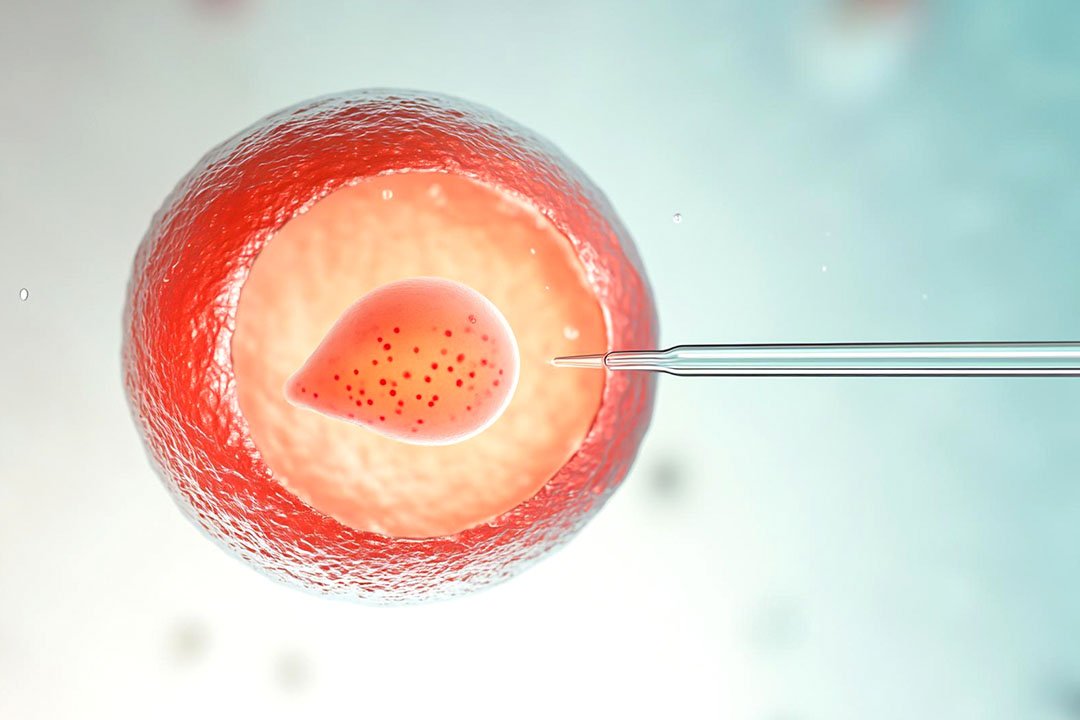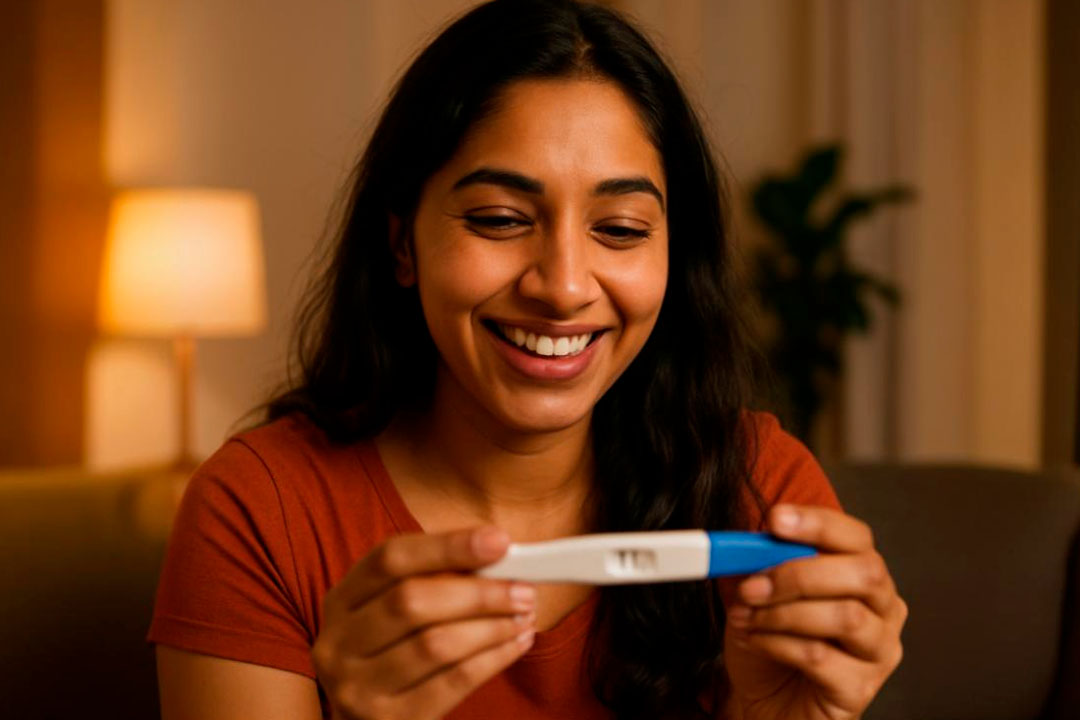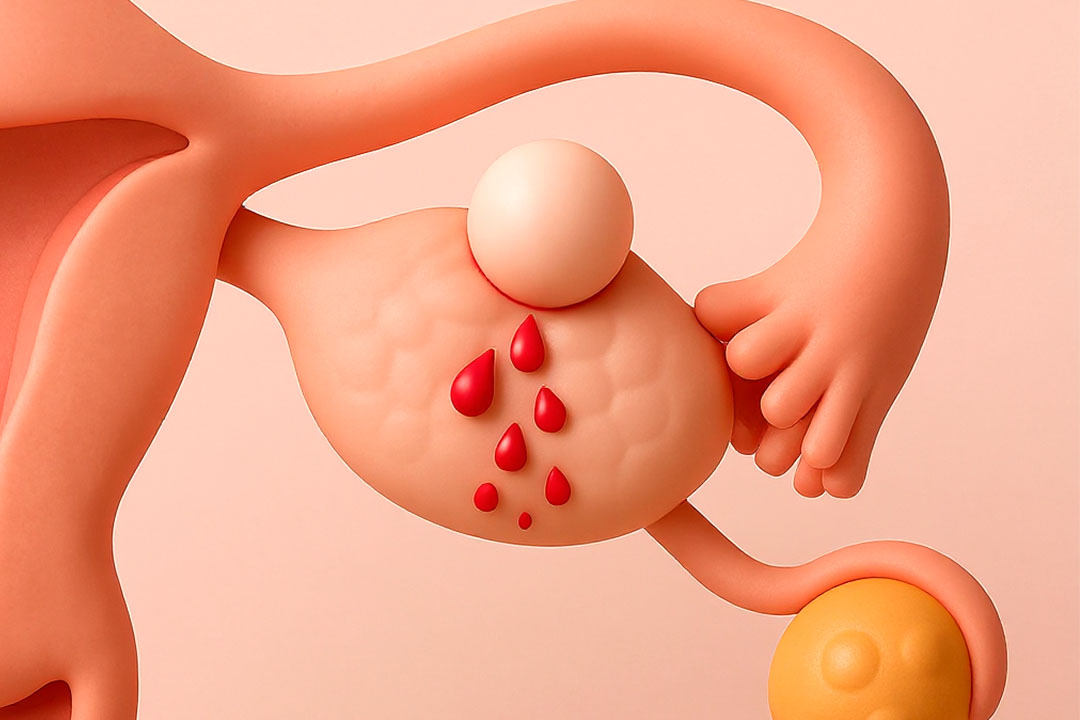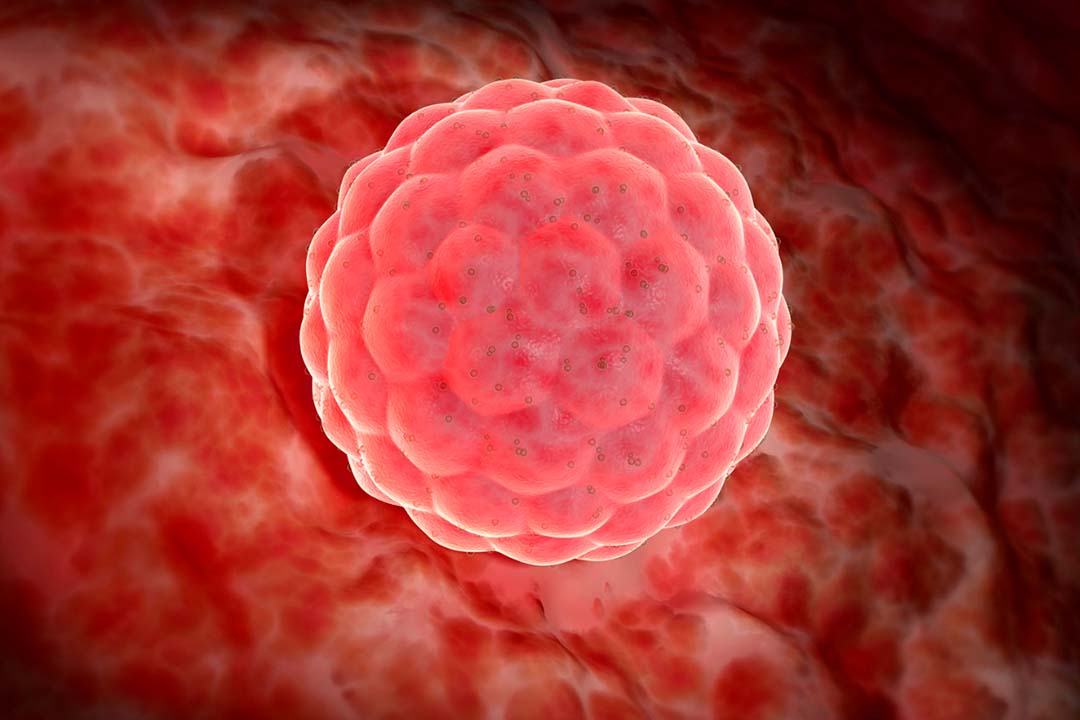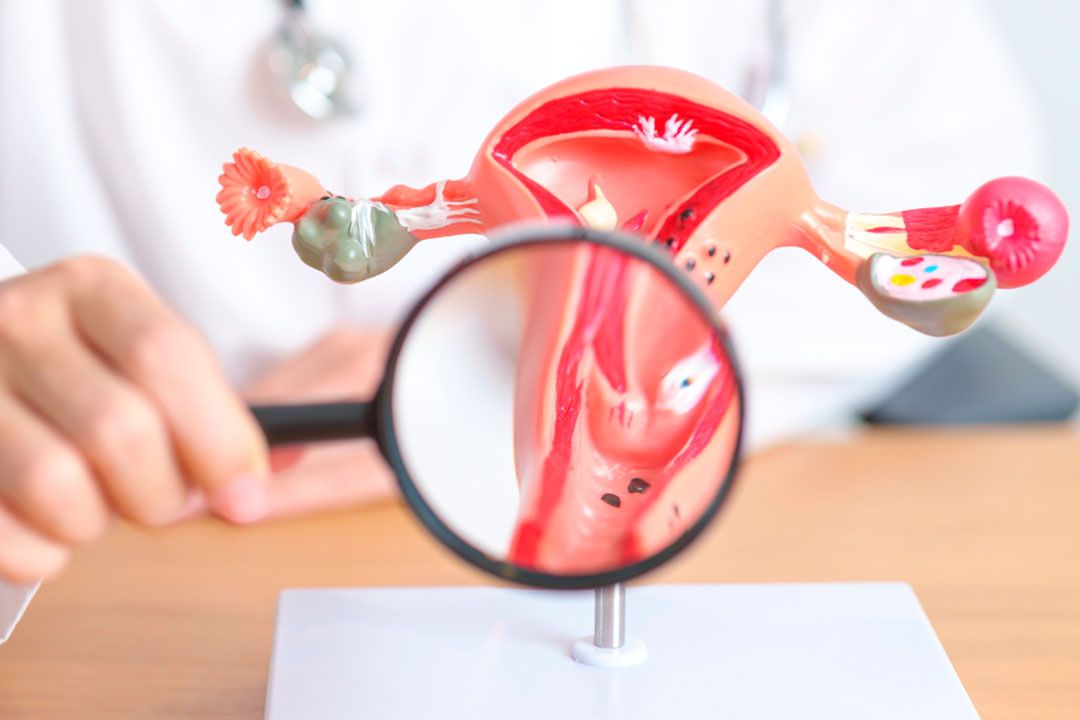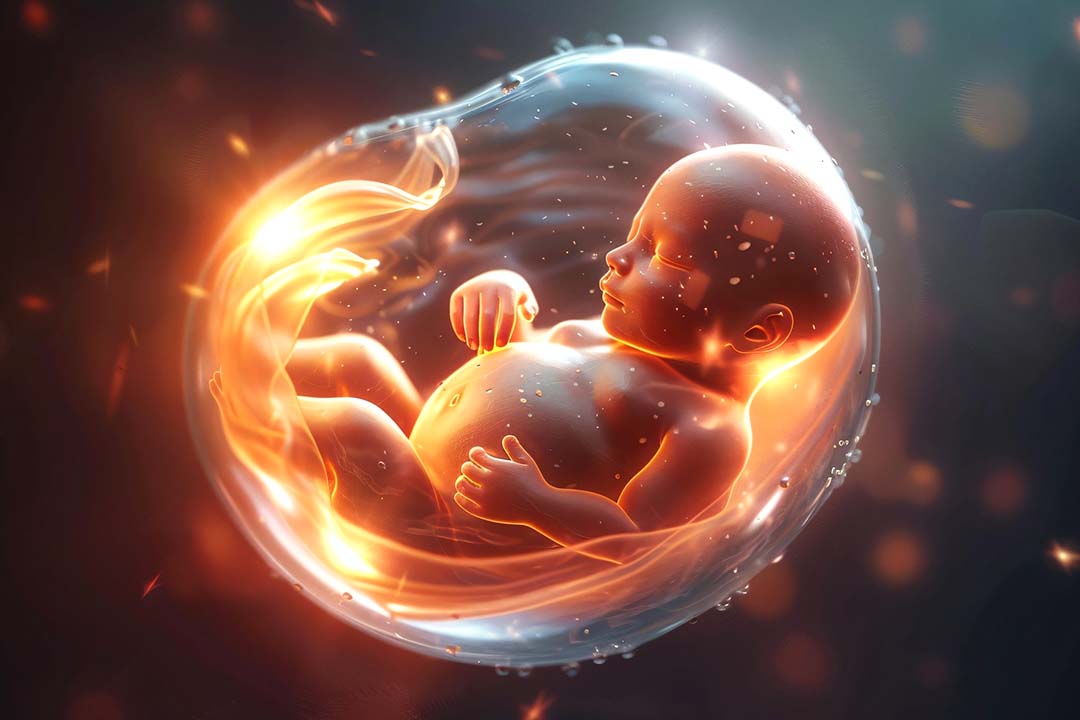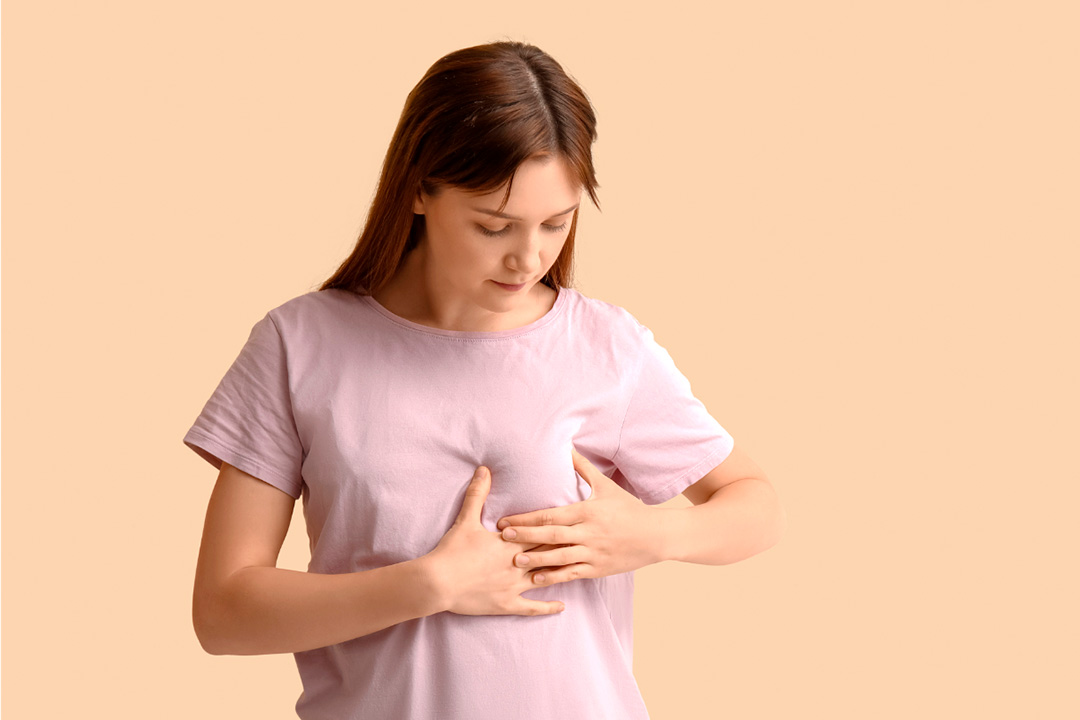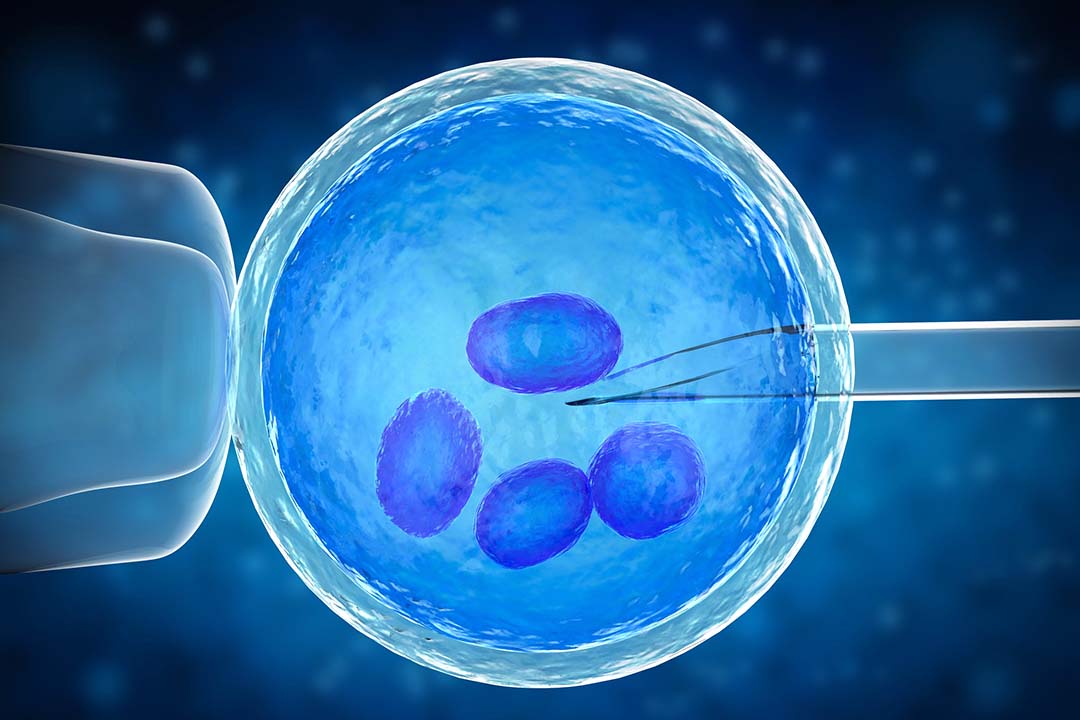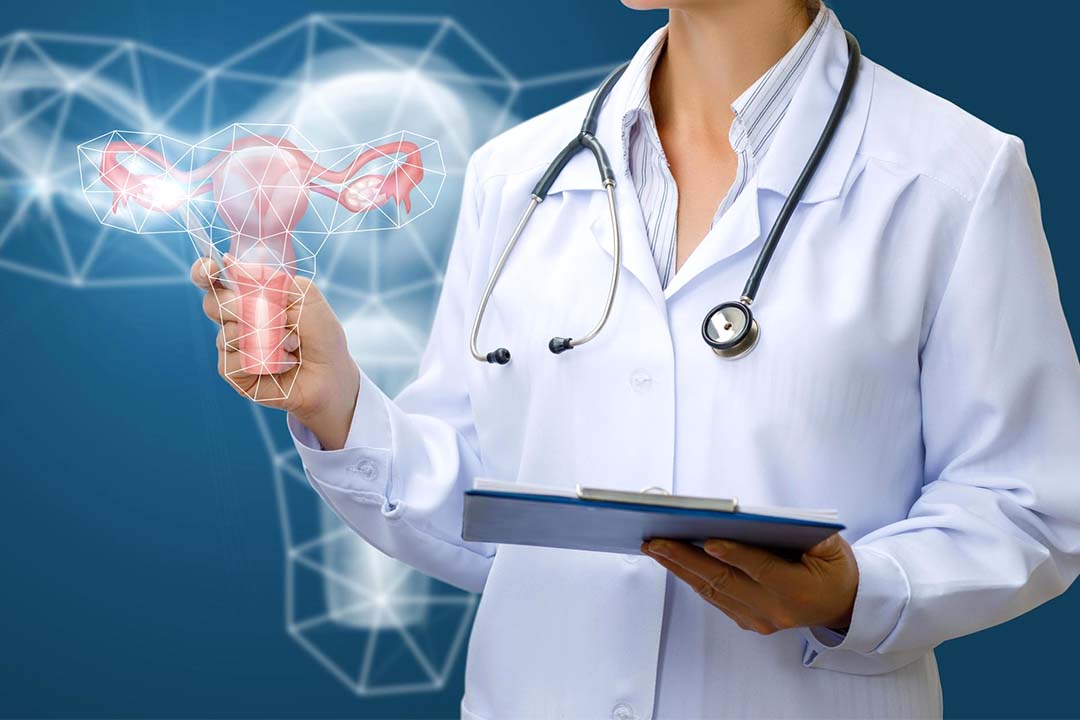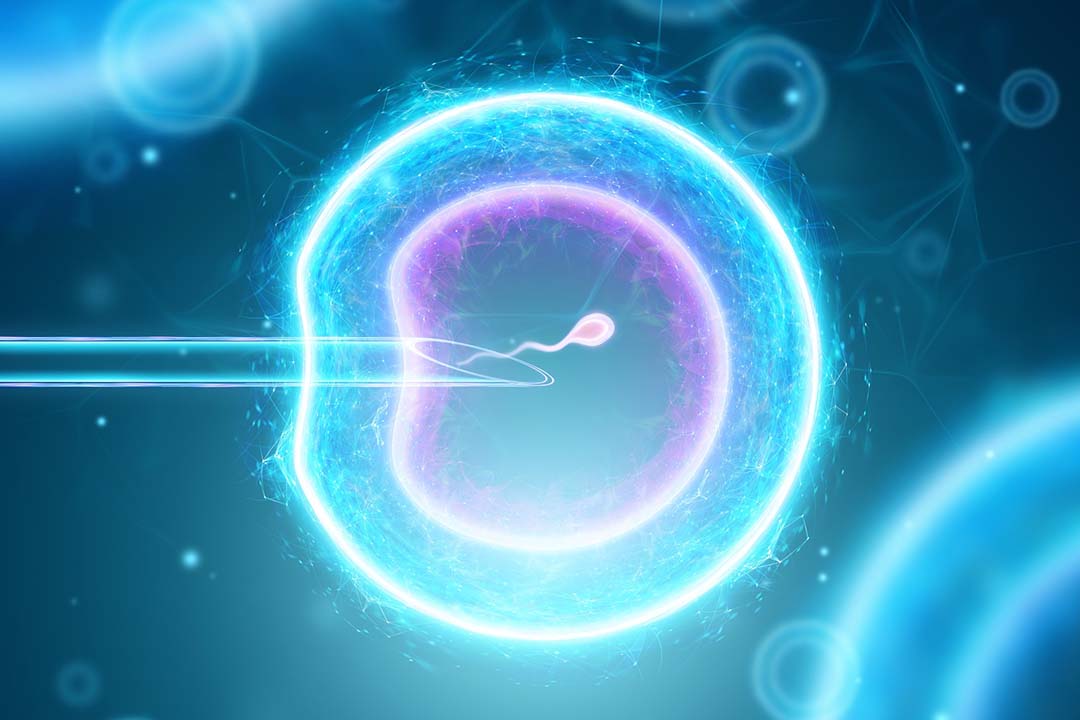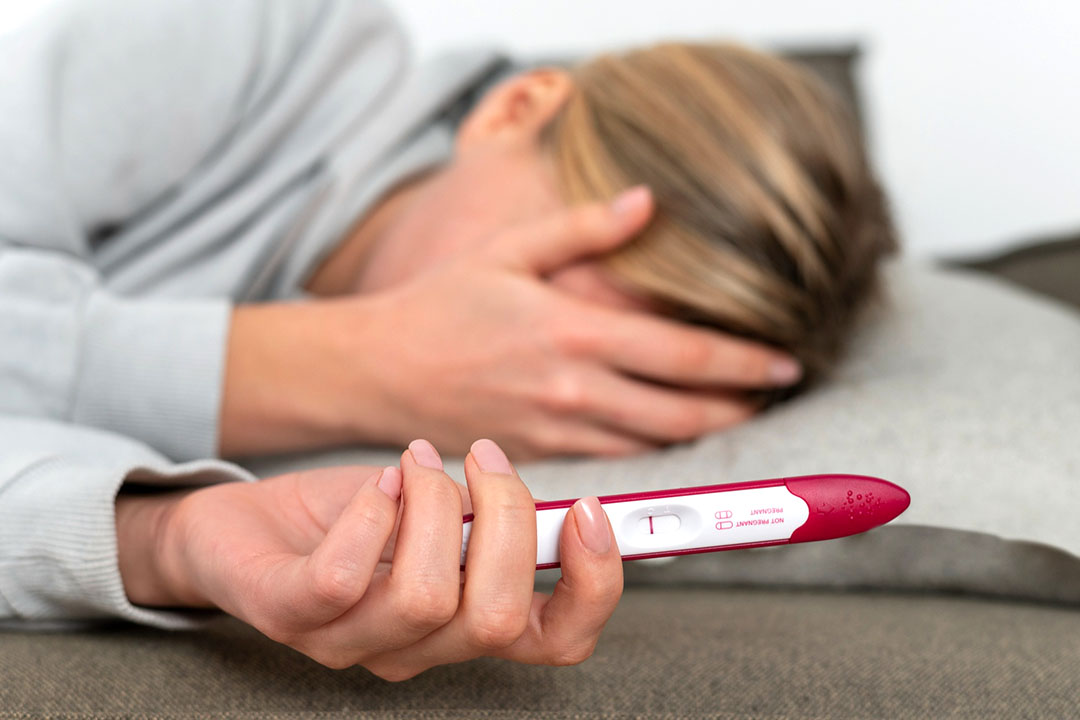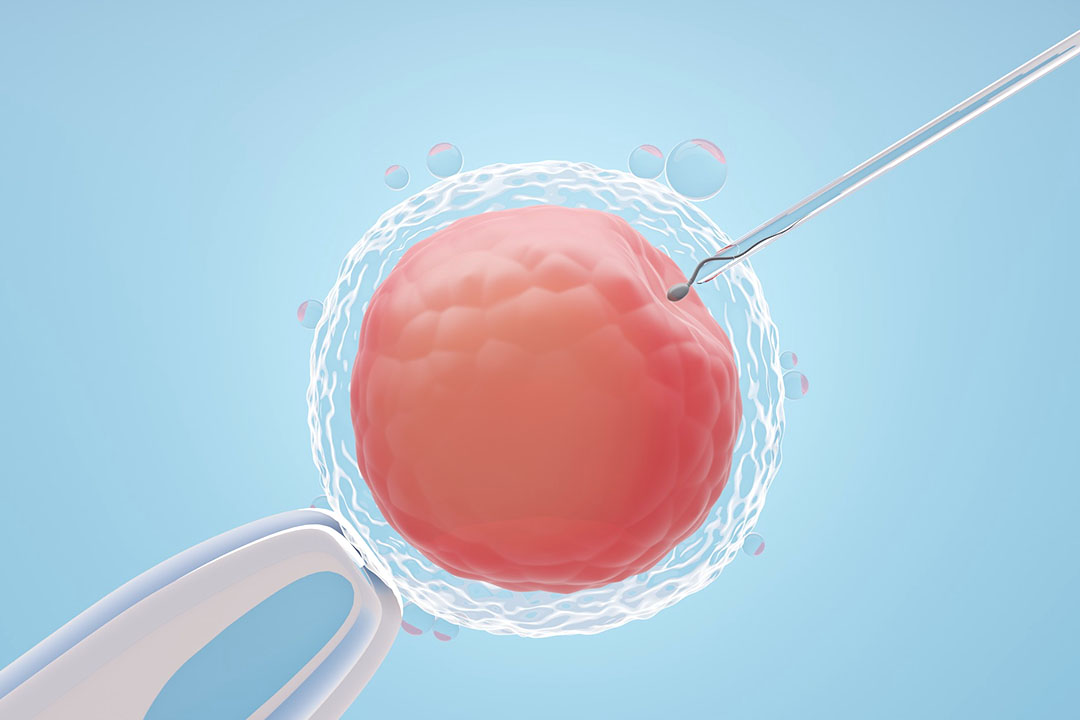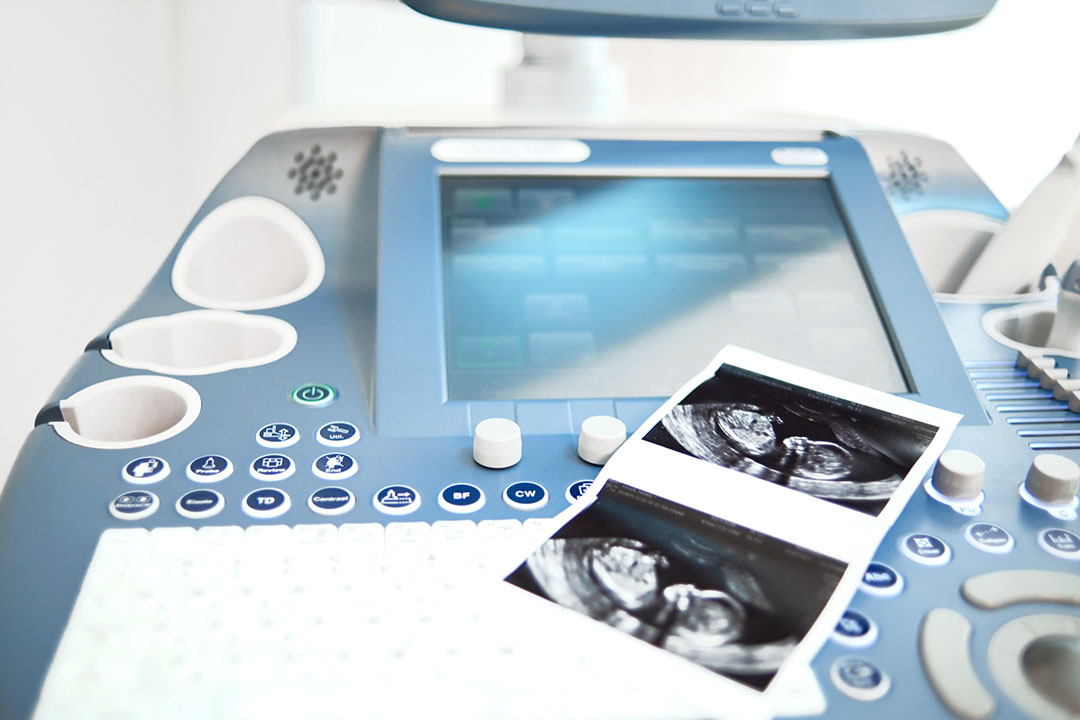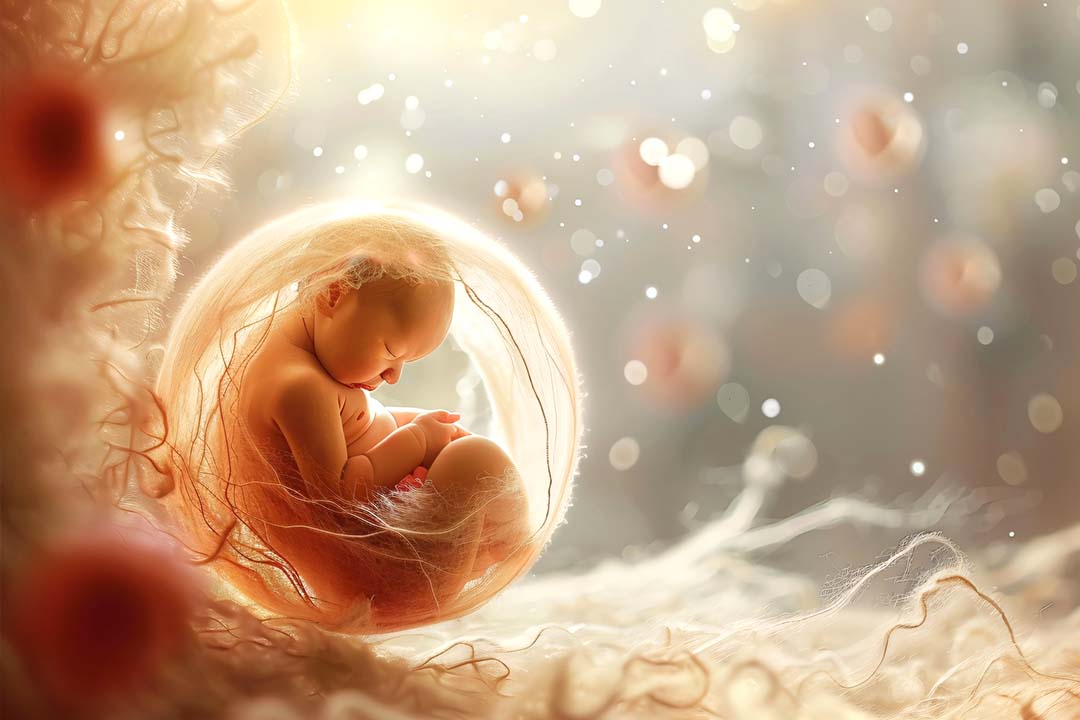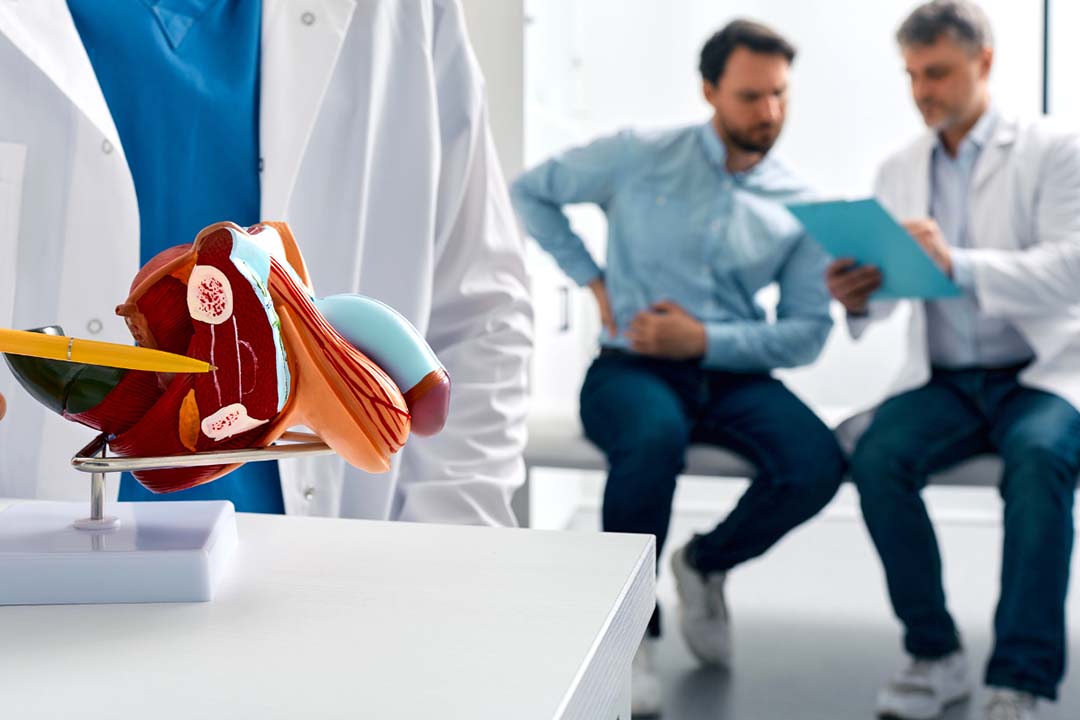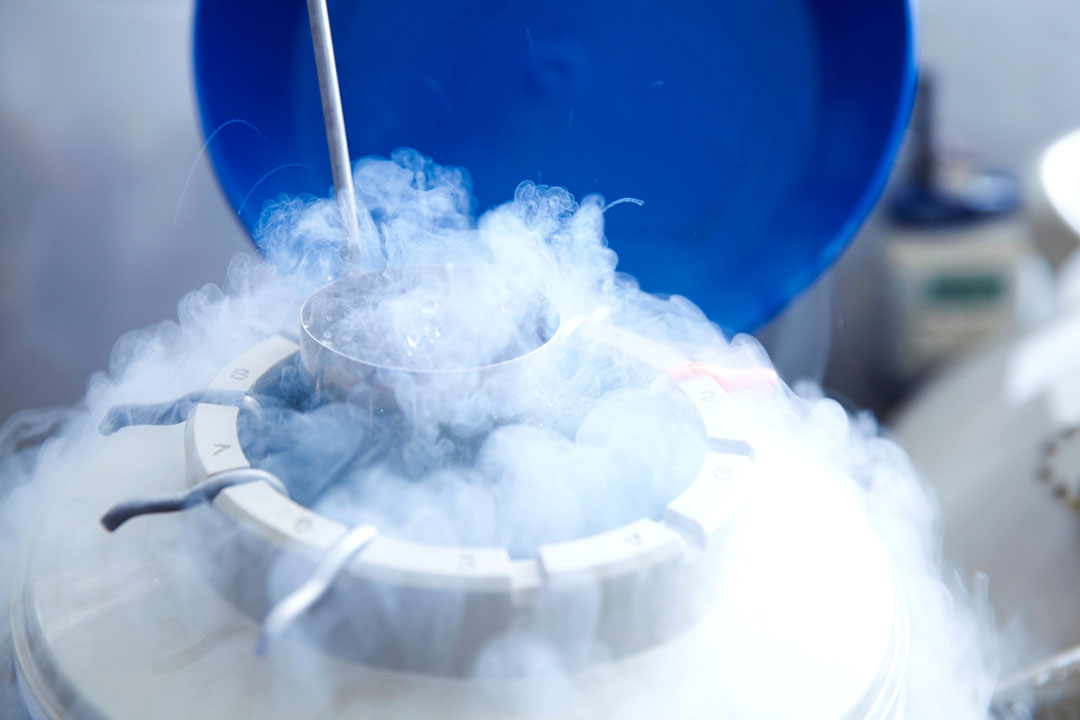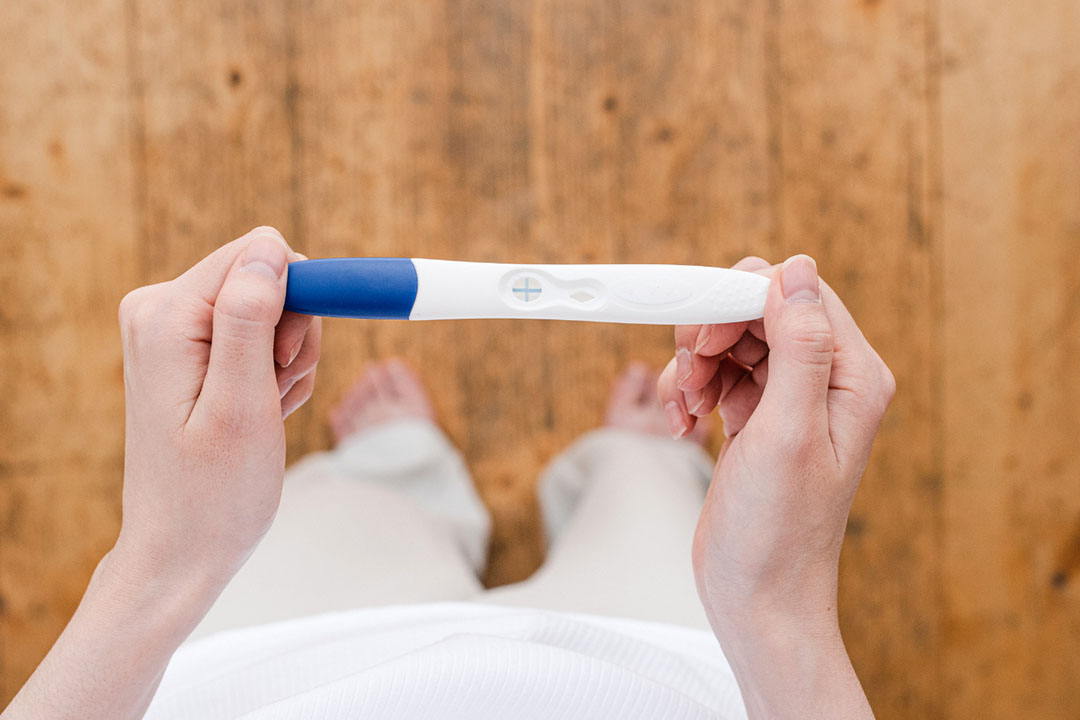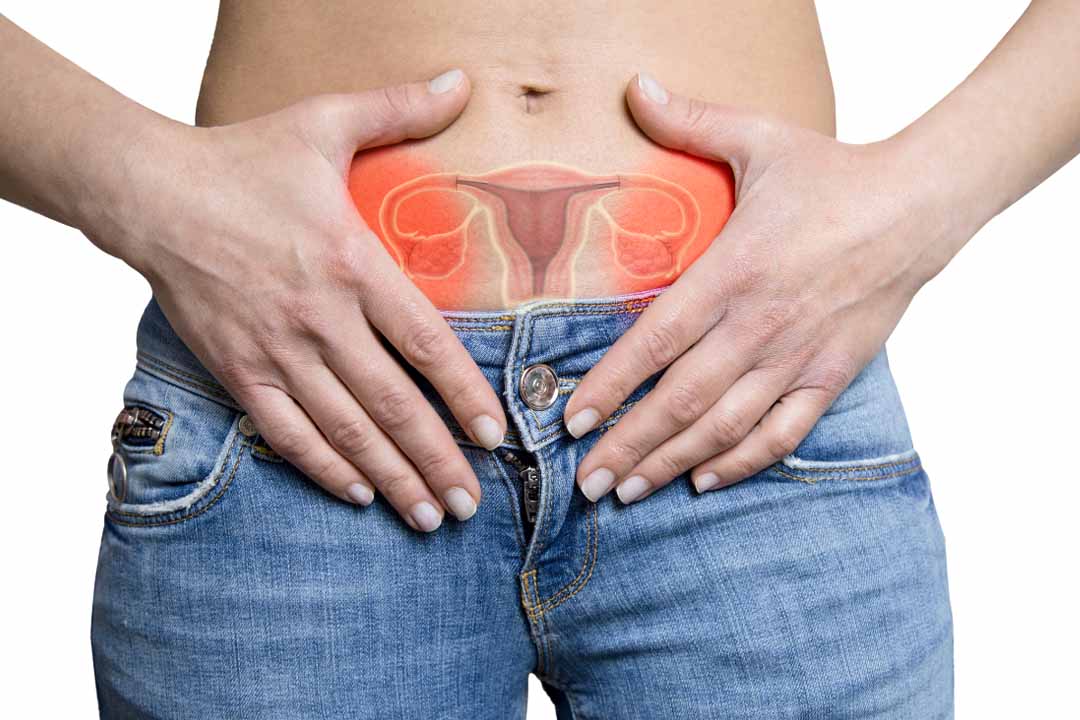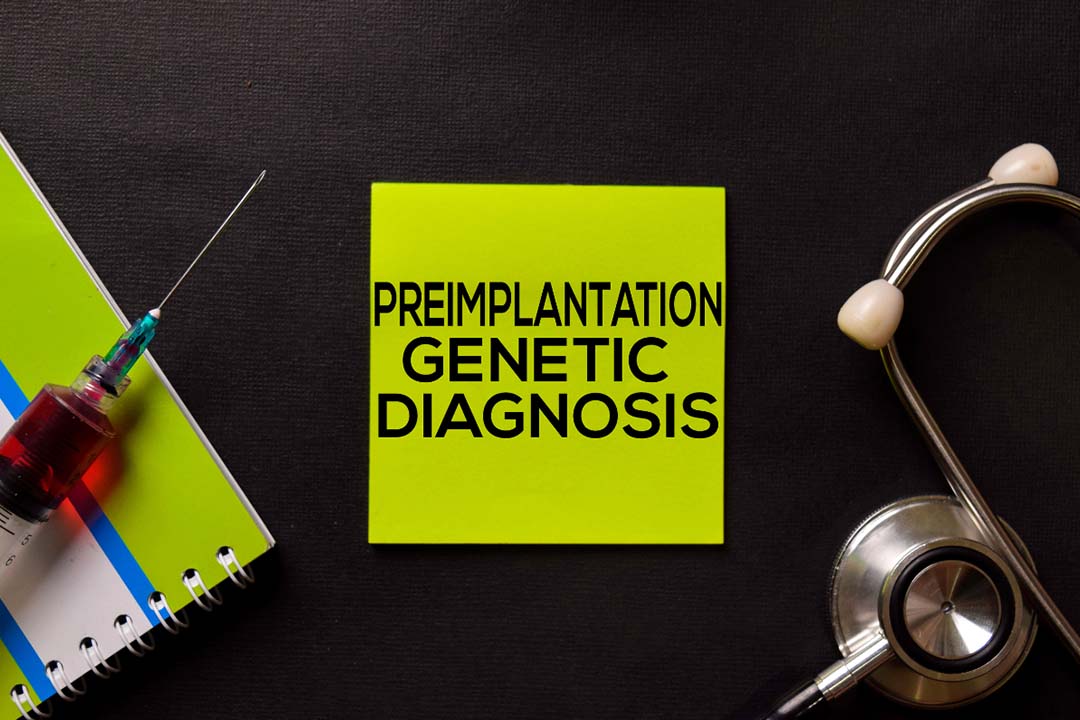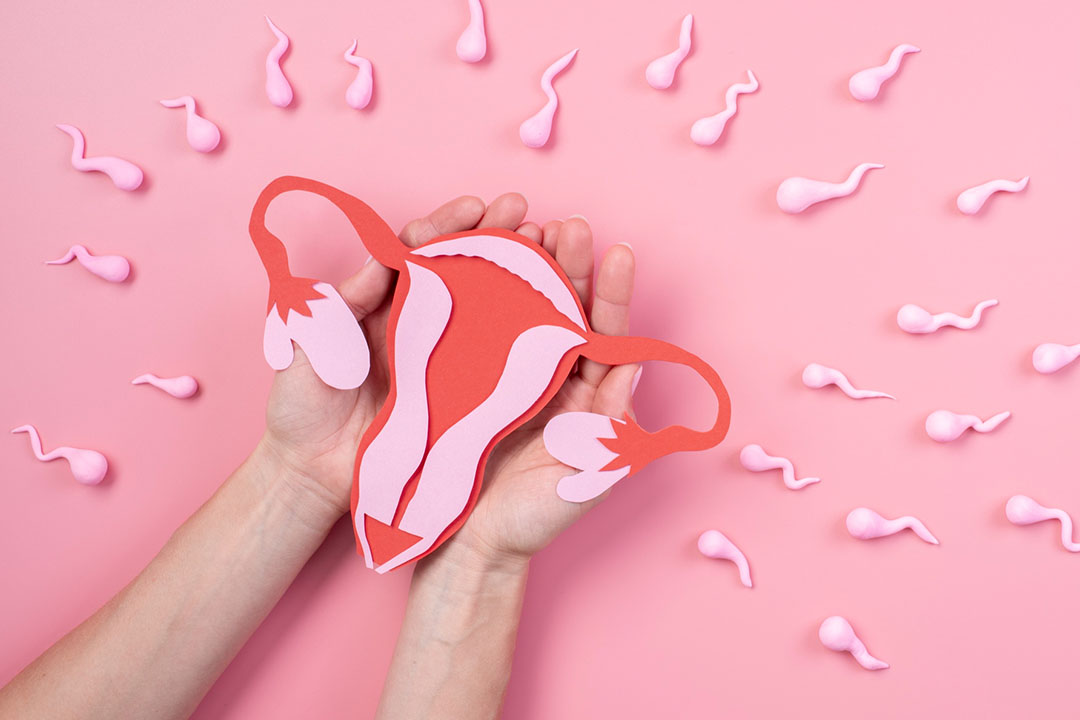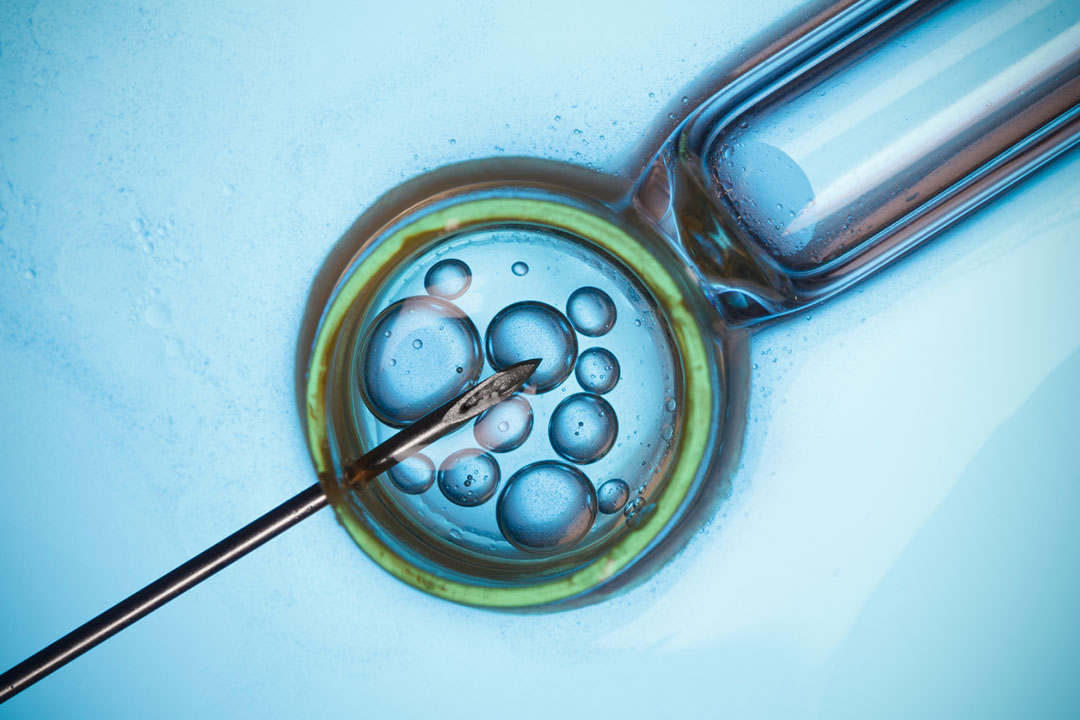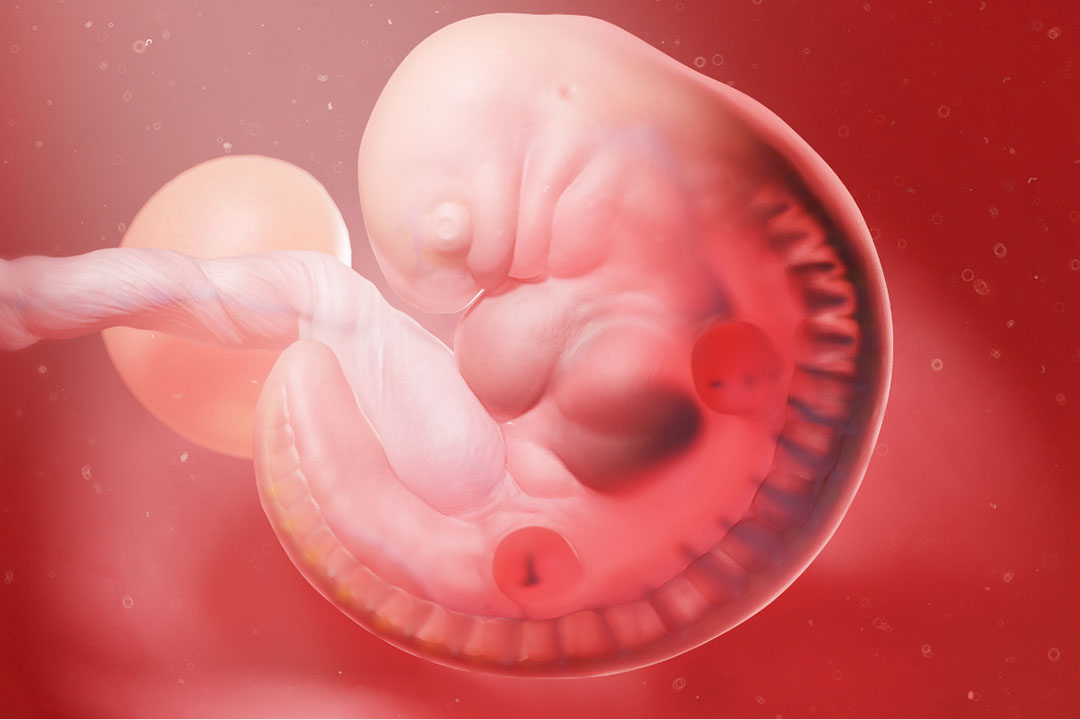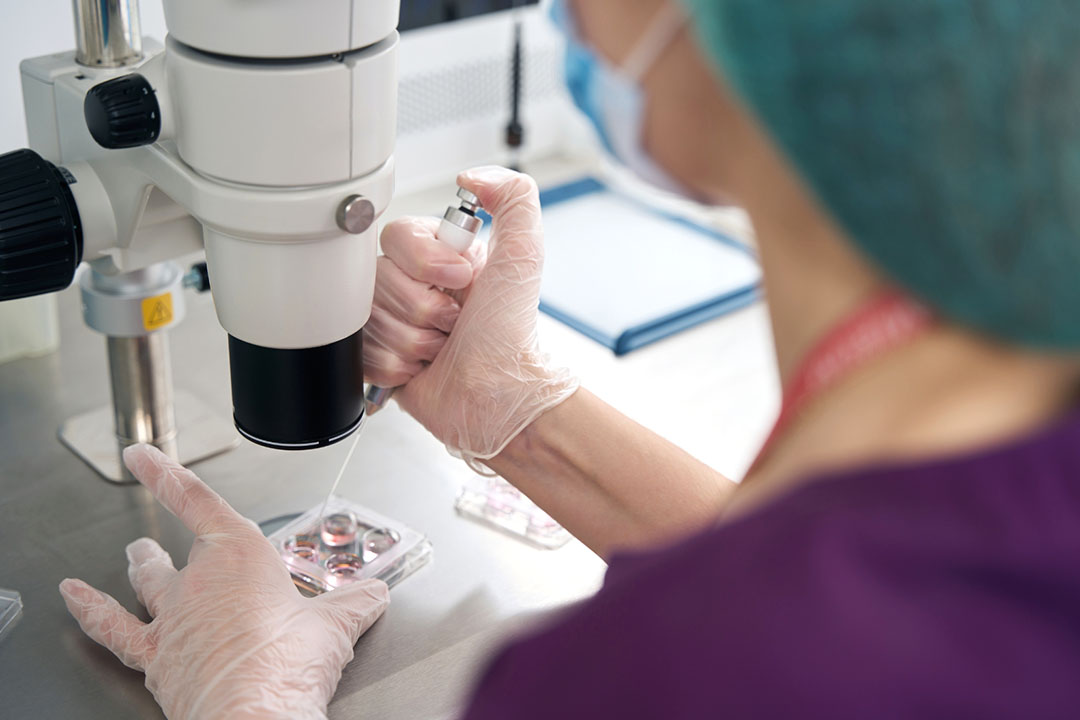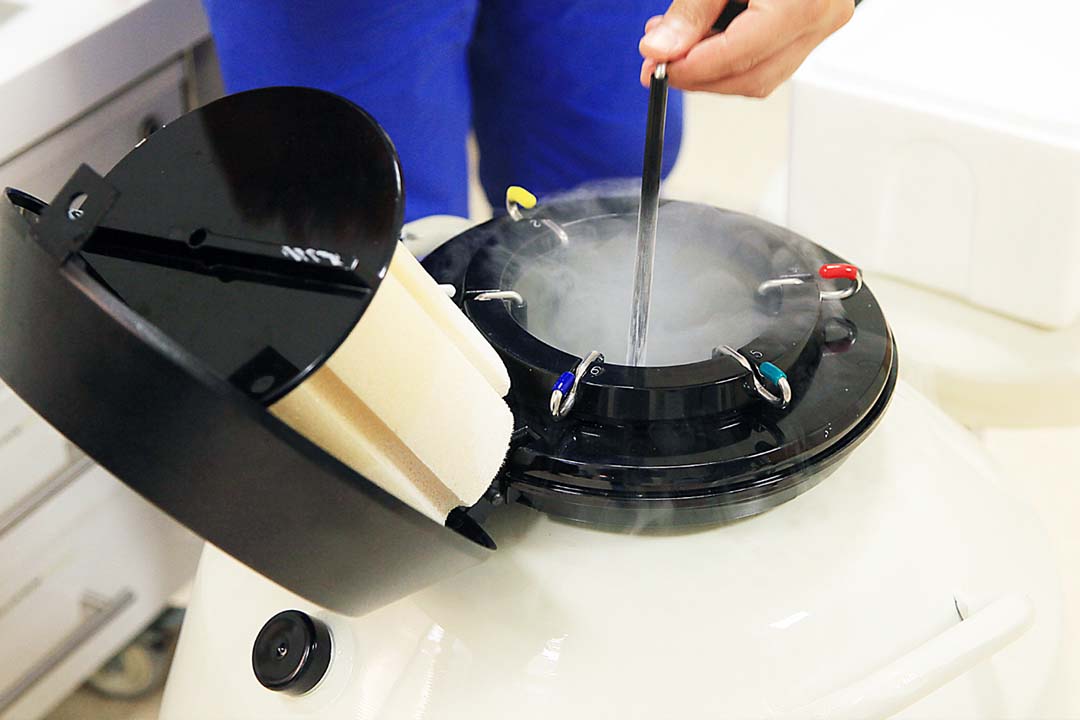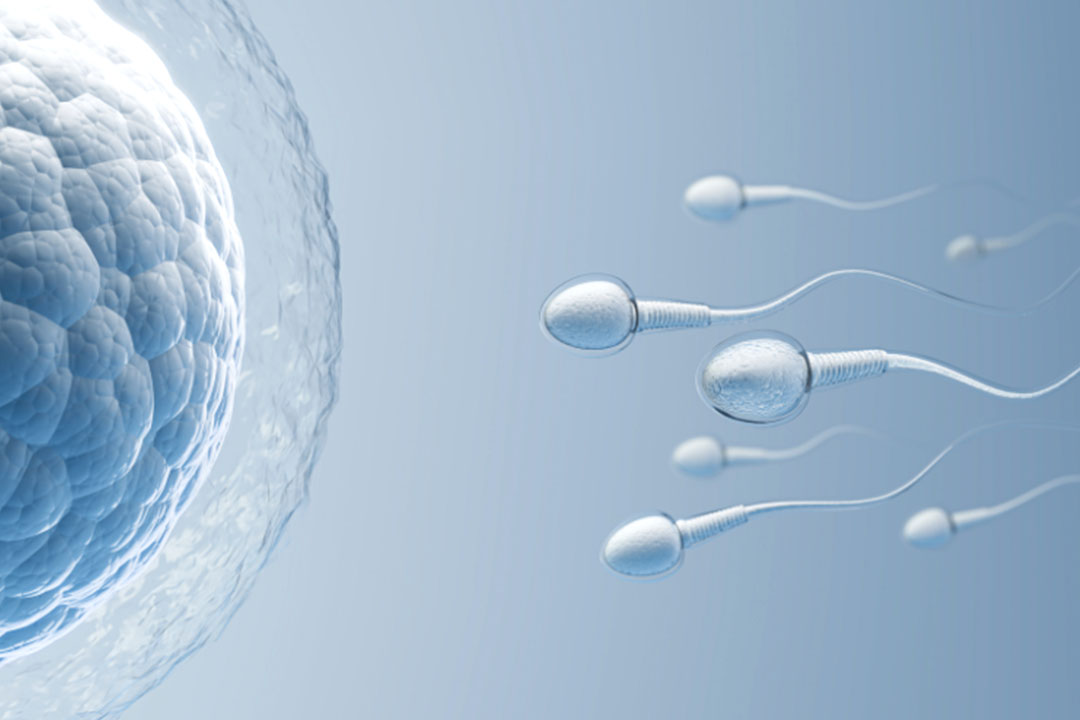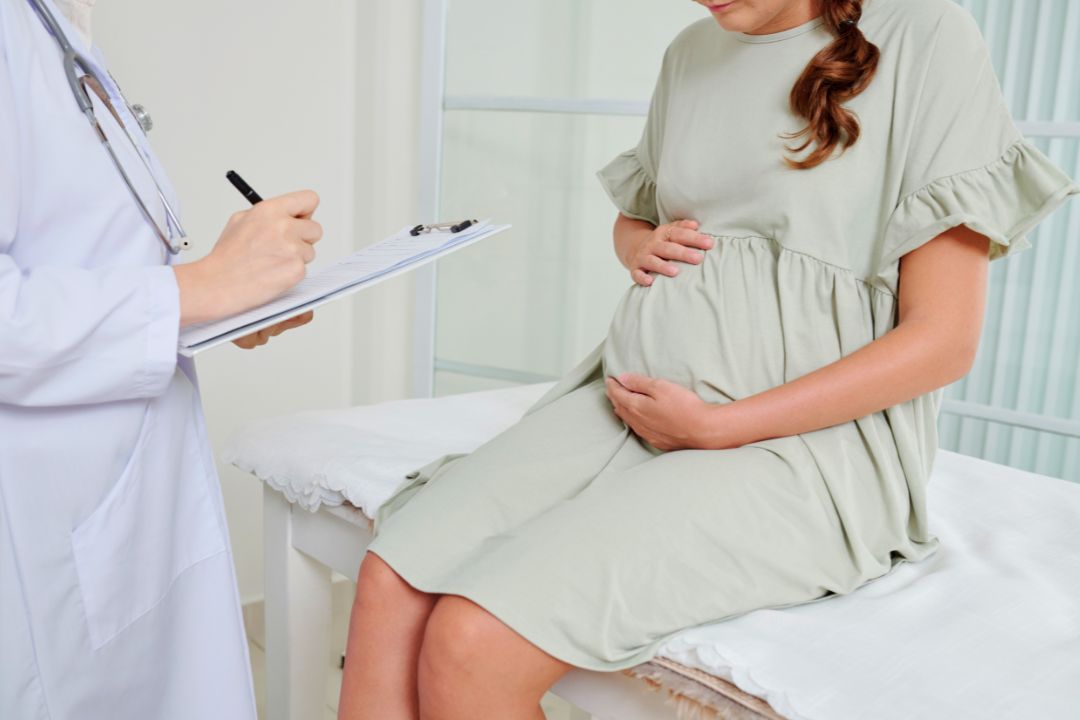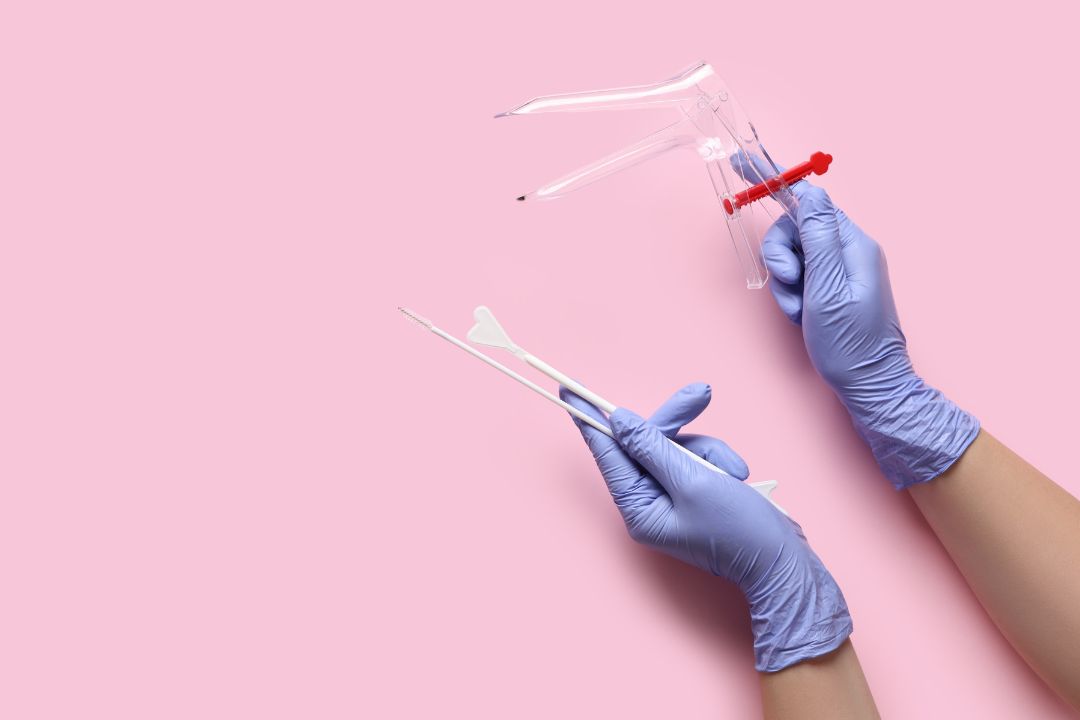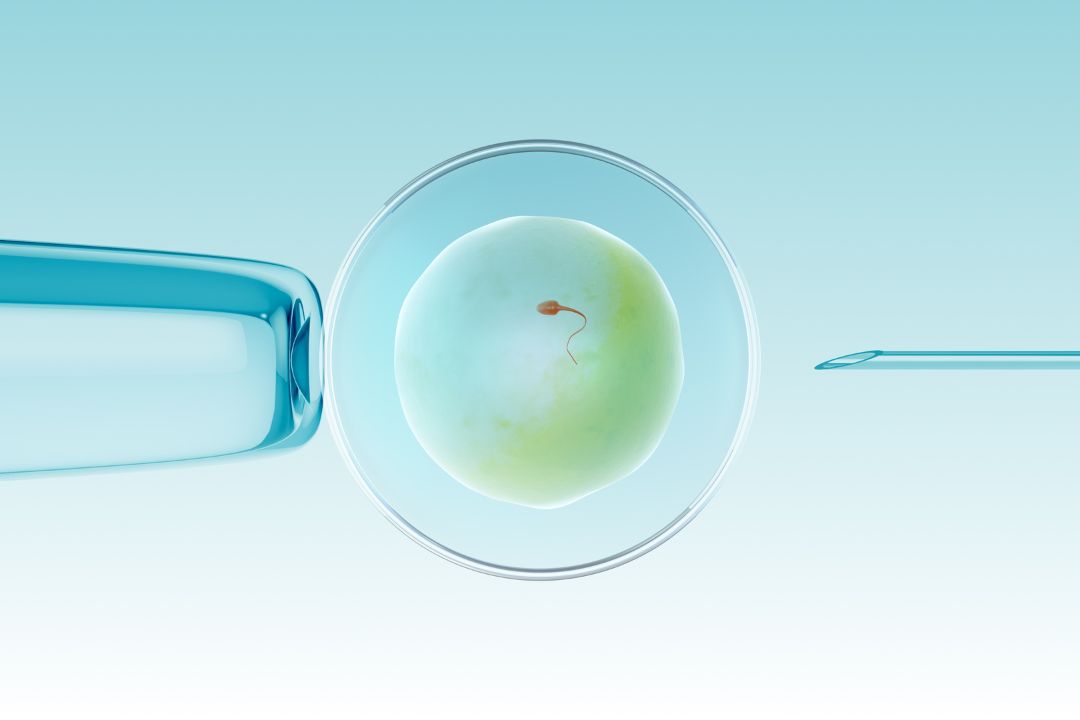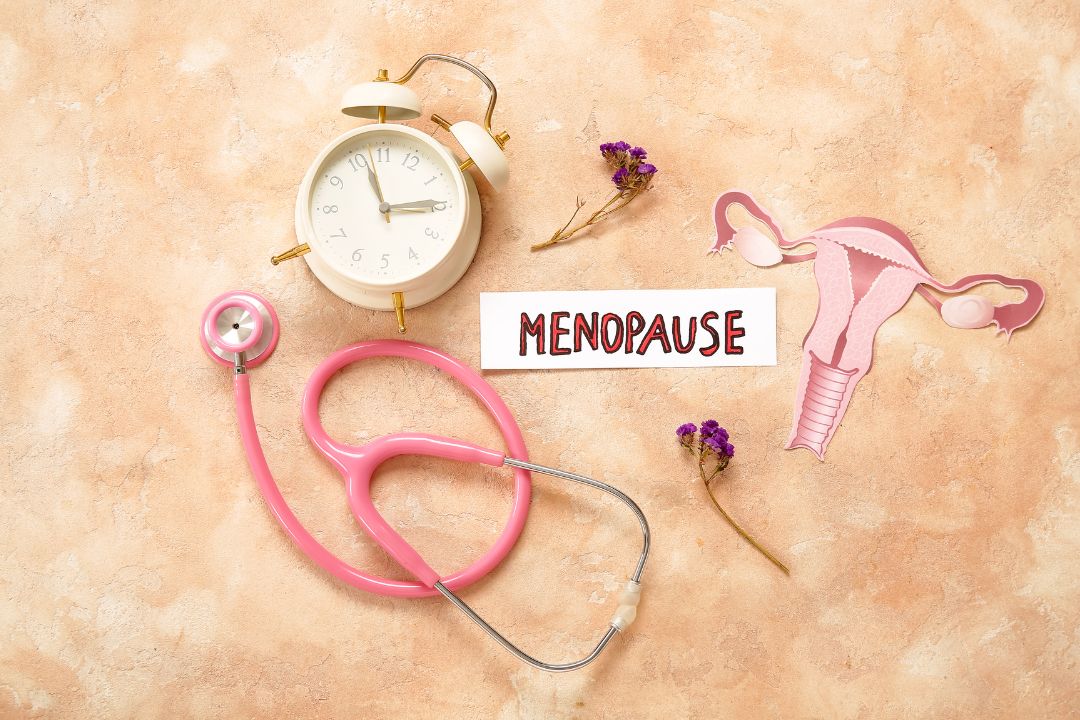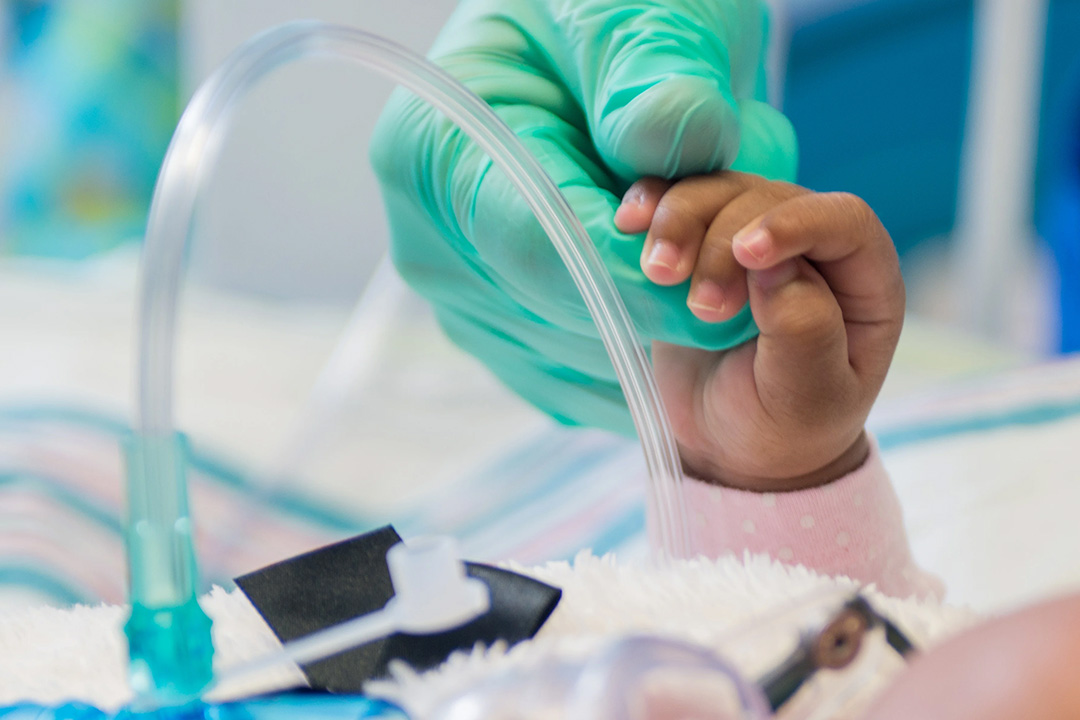Symptoms of Ovulation After hCG Injection: What to Expect
hCG injections are one of the most critical components in fertility treatments, especially for stimulating ovulation. These injections mimic the natural luteinizing hormone surge that triggers the release of a mature egg from the ovarian follicle.
Understanding how the body reacts to an hCG injection is crucial for anyone who is undergoing fertility treatment as it can help monitor ovulation and maximize chances of conception.
Following an hCG injection, the body experiences several physiological changes that are characteristic of ovulation.
Understanding the signs of ovulation following an hCG injection can give important insights into the reproductive process and help to time intercourse or insemination for optimal effectiveness.
Finally, knowledge of the signs that indicate egg rupture following an hCG injection is important, as it serves as proof that ovulation has indeed taken place.
Also, knowing the right time to take a pregnancy test after hCG injection is a common question for those trying to conceive. Accurate timing is important to ensure that results are reliable and not filled with unnecessary stress and uncertainty.
This article explores all the symptoms of ovulation after an hCG injection, the signs of egg rupture, and when to take a pregnancy test. Knowing these aspects will help individuals navigate their fertility journey with more confidence and clarity.

Understanding hCG Injections and Ovulation
hCG injections are one of the common drugs in assisted reproductive technologies used for inducing ovulation. On administration, hCG works just like a natural LH surge that induces the mature follicle to release an egg. The process is referred to as egg rupture and is critical in conception.
Generally, ovulation occurs at around 36 hours after injection of hCG. This gives a very accurate timing where fertility treatments can be coupled with coordinated procedures such as IUI and IVF. Monitoring ovulation following the injection maximizes the chances of fertile fertilization by ensuring proper timing of ovulation after the injection.
Symptoms of Ovulation After Injection of hCG
Symptoms of ovulation can be identified post-hCG injection, thus providing assurance of the occurrence of the phenomenon. The common manifestations are:
Mittelschmerz (Ovulation Pain): One might feel a sharp or aching pain on either side of the lower abdomen. This is because the egg is released by tearing off the follicle.
Cervical Mucus Changes: As ovulation approaches, cervical mucus is more transparent, stretchy, and more slippery, similar to raw egg whites. This helps the sperm to move towards the egg more easily.
Basal Body Temperature: After ovulation, basal body temperature rises slightly. This change can be monitored to identify when ovulation has occurred.
Rise in Libido: Fluctuation in hormones may also give a person a strong sexual urge during ovulation.
Breast Tenderness: Hormonal changes also make breasts feel swollen or tender.
All these symptoms together tell the body that it is getting ready for ovulation, thus raising the chances of conception.
Symptoms of Egg Rupture After hCG Injection
Egg rupture, the release of the mature egg from the follicle, is a vital step in the ovulation process. Recognizing the symptoms of egg rupture after hCG injection can confirm that ovulation has occurred. Common indicators include:
The main symptoms include a sudden sharp pain or ache in the lower abdomen, which is usually mild but may also be severe. It might last from a few minutes to several hours.
Spotting or Light Bleeding: Some women have a light vaginal bleeding or spotting after ovulation. This is due to the discharge of the egg from the follicle and hormonal adjustment by the body.
Bloating or Breast Tenderness: Hormonal fluctuations related to egg rupture may cause bloating and enhanced breast tenderness.
Nausea or Dizziness: In some cases, minor nausea or dizziness occurs after ovulation because of hormonal fluctuations.
Increased Vaginal Discharge: Increased vaginal discharge might accompany the rupture of an egg, helping the sperms move towards the egg.
These signs may be common, but individuals might experience them differently and in varying intensities. This is also how tracking such signs confirms successful ovulation.
When to Take Pregnancy Test After hCG Injection
Determining the time after hCG injection for conducting the pregnancy test is essential because an early test may provide false negatives, and too much waiting might give unnecessary anxiety.
Best time for Pregnancy Test: It would be nearly two weeks after injection time because this is enough time after implantation for the level of hCG to build up and rise to detectable levels.
After a Missed Period: In a cycle where a hCG injection was given in tandem with a planned trigger to make the eggs ready to release, a pregnancy test should be done at least after a missed period.
Factors Affecting the Accuracy of a Test
There are a few factors which may affect the accuracy of the test, they are as follows:
Key Benefits of IMSI Sperm Selection
- Individual hCG Levels: Variations in how individuals metabolize hCG can influence test results.
- Type of Pregnancy Test: Different tests have varying sensitivities. Using a highly sensitive test can detect lower hCG levels earlier.
- Administration Errors: Following the test instructions meticulously is essential for accurate results.
Guidelines for Accurate Testing
For getting the most accurate results, there are a few guidelines which can be followed:
- Use the First Morning Urine: Concentrated urine contains higher hCG levels, improving test accuracy.
- Follow Test Instructions: Adhering to the recommended procedures ensures reliable outcomes.
- Consult a Healthcare Provider: If the results are ambiguous, it is best to consult a healthcare provider.
Knowing when to take the pregnancy test and what can affect the accuracy of the test will help individuals confidently interpret their results.
When to Seek Medical Advice
While most symptoms post-hCG injection are normal, certain signs warrant medical attention:
- Extreme Pain: Sharp or persistent abdominal pain can suggest conditions such as ovarian hyperstimulation syndrome (OHSS) or ectopic pregnancy.
- Heavy Bleeding: Bleeding more than light spotting necessitates urgent medical attention.
- Features of Infection: Conditions like fever, chills, or abnormal discharge suggest an infection.
Timely consultation with a doctor guarantees prompt intervention and any complication can be taken care of effectively.
Conclusion
Individuals who undergo fertility treatment must know about ovulation after hCG injection. Indeed, by noticing the occurrence of such symptoms as abdominal pain, the change in cervical mucus, and a shift in basal body temperature, people can determine whether they are ovulating or not.
Moreover, it is beneficial to be informed about other symptoms related to ovulation, like cracking and spotting or slight bleeding in the abdominal region.
The timing is crucial for taking a pregnancy test after an hCG injection. Waiting around two weeks post-injection or after a missed period is the most accurate. Practically managing post-injection symptoms can make it much more comfortable and anxiety-reducing during the fertility journey.
With this knowledge regarding the body's responses to the hCG injections and the markers of ovulation and even egg rupture, one gains more confidence and clarity in fertility treatments. Monitoring these symptoms not only confirms the efficacy of treatment but also optimizes one's chances for successful conception.
About Us
AKsigen IVF is a premier center for advanced fertility treatments, with renowned fertility experts on our team. Specializing in IVF, ICSI, egg freezing, and other cutting-edge reproductive technologies, AKsigen IVF is committed to helping couples achieve their dream of parenthood. With personalized care and a patient-first approach, AKsigen IVF provides comprehensive fertility solutions under one roof.
















